|
Parentheses (or round brackets) can help fiction authors evoke a sense of simultaneity in their viewpoint character’s experience – one that challenges a more conventional linear narrative. Here’s how it works.
|
|
Parentheses
|
Tell me about parentheses (round brackets) and how they work.
|
|
Commas
|
Tell me about parentheses, round brackets, and how they work.
|
|
Spaced en dashes
|
Tell me about parentheses – round brackets – and how they work.
|
|
Closed-up em dashes
|
Tell me about parentheses—round brackets—and how they work.
|
Parentheses as convention breakers in fiction
This might be because they’re large and therefore visible marks – ones that demand a reader’s attention. That they’re interruptive could be a good reason to avoid them, though it could equally be the very reason why you want to use them.
The key to using any punctuation mark effectively is to understand its purpose and consider how the reader will interpret it. And so just because the use of parentheses is infrequent enough in fiction to make it unconventional isn’t a reason to ban them from prose.
Parentheses as satirical and viewpoint-switch markers
- For satirical purposes – an external narrator wants to poke fun at a focus character’s behaviour, thoughts or dialogue.
- For viewpoint purposes – the narrative is written from a viewpoint character’s perspective and therefore limited to their experience, but an external narrator wishes briefly to interrupt.
If you’d like to explore my analysis of these two uses, read How to use round brackets (parentheses) in fiction writing.
Scroll through the comments on that post and you’ll see a fantastic question raised by a reader that got me thinking about parentheses again.
The question an author posed
‘Louise, I'm writing a short story in which I have inserted a couple of parenthetical phrases (I don't even know what to call them) which separate one part of a sentence from another. I've seen Stephen King do this and it fascinated me. The character (narrator) is reflecting on a dream she has just awoken from. What do you think of this style, and what is it called?’
I replied admitting that I didn’t know quite what this is called in terms of literary style but that she’d got me thinking, and helped me consider a third function of parentheses that I hadn’t interrogated before: simultaneity.
Here’s her example. It’s from a short story tentatively titled ‘The Woman at the Window’.
(the bombs bursting in air)
bombs that were dropping by the hundreds from a fiery sky.
There are a couple of interesting things going on in Ellen’s example – not just the parenthetical phrase but also the placement of it. It takes its own line, which makes it stand out even more.
Why parentheses can convey simultaneity
‘I wanted to shake the reader up a bit by writing it that way,’ she told me.
And she succeeded. Parentheses do stand out. So does the separate line. But my reading of her work led me to consider another effect she’d created, albeit unwittingly – simultaneity.
How readers process sentences in a linear fashion
This is linear description. We absorb the story in the order the phrases are presented to us – first the dreaming, then the waking-up on a night just before Labor Day, then the terrified screaming, then seeing the exploding missiles, then the glare of the rockets, and finally the flaming sky.
But actually, that’s not how Ellen wrote it. Here’s the unedited version:
(and the rockets' red glare)
and the sky alight with flames.
The rocket-glare phrase is now bracketed and takes its own line. And I think this changes that linearity subtly. It’s as if the glare of the rockets is experienced at the very same moment that the missiles are exploding. It’s another layer of experience that sits behind the explosions.
That’s how we often experience traumatic events in reality. Our brains work so fast that we process multiple pieces of information and feel multiple emotions all at once. The difficulty comes in expressing that in linear text.
In Ellen’s example, the parentheses act as a signal of this simultaneity of experience, and show rather than tell an onslaught of emotional, auditory and visual information.
Showing sensory assault through simultaneity
(the bombs bursting in air)
bombs that were dropping by the hundreds from a fiery sky.
The way the parenthetical phrase punctuates the prose makes me feel uncomfortable. It jars me visually. And that’s why I love it. It shows rather than tells the assault on the senses that I can imagine a person would experience if they were in an environment where missiles were exploding and falling around them.
The character awakes. She’s likely still shaken from the dream, and trying to process what she experienced. And so she narrates what she saw, which pared down is this:
But as she's thinking about this, the bursting bombs is there too, behind the more expository narration, right at the same time. And it’s the bracketed line that shows this.
An alternative might have been:
In that revised version, 'as' tells the simultaneity. It's told prose. Instead, Ellen as author, has shown us with the parentheses, and it's far more dramatic.
And so we might consider parenthetical statements such as this as devices that help authors create layers of simultaneous experience that are warranted when there’s sensory assault in play.
Showing conflict through simultaneity
Here’s an example that I have written more conventionally, using italic and a tag to convey a thought.
Say no, she thought. You don’t have time.
Yes yes yes yes, she typed, because it would be a crap ton of fun and the alternative was D asking someone else, and that was unthinkable.
This approach encourages the reader to approach the prose in a linear way: First D texts Louise with an idea. Then a thought process takes place. Then Louise responds.
But look what happens when we experiment with parentheses.
(Say no. You don’t have time.)
Yes yes yes yes, she typed, because it would be a crap ton of fun and the alternative was D asking someone else, and that was unthinkable.
Now there’s a signal that two conflicting emotional responses are in play simultaneously. Thinking ‘no’ and typing ‘yes’ are occurring at the same time.
Summing up
However, used purposefully, parentheses can enhance that moment and create a sense of simultaneity of experience – perhaps involving an assault on the senses or competing emotions fighting for primacy in a character’s mind.
There are no rules in fiction. Instead, what writers (and the editors who work with them) must strive for is how best to communicate a character’s emotions, perception and actions in the moment, so that the reader can get under the skin of that experience.
And it might just be that – once in a while – a pair of round brackets helps with that goal.
Other resources you might like
|
She is an Advanced Professional Member of the Chartered Institute of Editing and Proofreading (CIEP), a member of ACES, a Partner Member of The Alliance of Independent Authors (ALLi), and co-hosts The Editing Podcast.
- Get in touch: Louise Harnby | Fiction Editor & Proofreader
- Connect: Twitter at @LouiseHarnby, Facebook and LinkedIn
- Learn: Books and courses
- Discover: Resources for authors and editors
What’s in this post ...
- Why the start of a sentence is important.
- What filter words are.
- How filter words reduce momentum.
- How filter words make space for reflection.
Why the start of a sentence is important
While a novel that reads like a Google snippet from start to finish isn’t likely to win any prizes, the principle is worth paying attention to because the information at the start of a novel’s sentence is still what the reader will pay most attention to.
The start of a sentence is therefore valuable real estate. If filter words are being assigned to that top spot too often, more interesting subjects and verbs are likely being demoted.
What are filter words?
- Sunlight filtered through the tree canopy.
- Over the next couple of hours, information about the explosion filtered out of the camp.
- The children filtered through the turnstile and lined up in in yard.
In literature, filter words are verbs that do a similar thing – they slow down the reader’s access to what the viewpoint character is experiencing.
Examples include 'watched', 'saw', 'noticed', 'spotted', 'looked at', 'felt', 'thought', 'wondered', 'heard', 'realised' and 'knew'.
Take a look at this short excerpt from Chapter 2 of Razorblade Tears by S.A. Cosby.
Ike is the viewpoint character, which means we experience the scene from his perspective.
Notice first what’s front-loading those two sentences. The subjects (Ike in the first, ‘she’ – Ike’s wife – in the second) and the verbs ‘let go’ and ‘slumped’.
That front-loading forces our gaze outwards – first towards Ike, then towards the movement of Ike’s wife’s body.
Now let’s introduce a filter word.
Now the second sentence is front-loaded with a new verb – ‘watched’. Our access to the movement (the slumping) has been slowed down. We can’t shift directly to it without taking an extra step that involves centring our gaze for just a second on Ike’s watching.
In that brief moment, we’re no longer looking outward at what Ike’s experiencing. Instead, we’re looking inward at Ike and how he acquires that experience – by watching.
Less experienced writers can be tempted to overuse filter words. Indeed, it’s one of the most common problems I see in my editing studio. At sentence-level revision stage – whether that work’s being done by the writer themselves or with the help of a professional editor – it’s therefore worth watching out for them and assessing whether they’re impeding the novel’s pace.
When filter words reduce momentum
Problematic filter words can appear anywhere in a sentence, but front-loading sentences with them is even more likely to rip the momentum out of the prose. If you want your readers to focus on the action, make sure that any you retain are earning their keep.
Take a look at an excerpt from a published thriller that I’ve fiddled with. It’s a heist scene and the action takes place in a matter of seconds. The viewpoint character is coked up to his eyeballs and desperate, acting on impulse.
Ronnie struck the manager just above her right eye with the butt of the .38. He watched as a divot the width of a popsicle stick appeared above her eye. Blood spewed from the wound like water from a broken faucet.
The three instances of filtering moderate the pace and draw our attention towards the narrator’s doing knowing, thinking and watching, none of which are as interesting as what he knows, thinks and watches. All those filter words act as barriers that the reader has to jump over in order to get to the action.
We could even argue that they introduce a sort of voyeurism – as if Ronnie is reflecting on the impact of his violence, almost in slow motion. But that’s not what’s going on here. Rather, he’s wired, out of control and operating in the moment.
And that’s why the unadulterated version of Blacktop Wasteland (p. 113) – also by S.A. Cosby – is perfect:
|
Under normal circumstances he would never put his hands on a lady. However, these were not normal circumstances. Not by a long shot.
Ronnie struck the manager just above her right eye with the butt of the .38. A divot the width of a popsicle stick appeared above her eye. Blood spewed from the wound like water from a broken faucet. |
The filter words have gone, and with them the unintended pathological introspection, but the momentum is restored. We're in the moment with Ronnie as he lashes out. It's no less violent but the pace of the prose now mirrors the action authentically.
When filter words make space for reflection
Let’s take a look at another example from Cosby’s Razorblade Tears, this one also from Chapter 2.
The filter phrase is ‘looked at’, and it’s important. Ike is looking hard at what’s in front of him. As will be revealed later, this girl is his murdered son’s daughter. Ike recalls something he’d said to his son a few months earlier: ‘But that little girl, she gonna have it hard enough already. She's half Black. Her mama was somebody you paid to carry her, and she got two gay daddies. So now what?’
Ike and his wife will now be raising the little girl. Cosby wants to focus our attention inward for a moment on Ike’s reflection, and the filter word makes space for that.
While filter words can be effective when they’re used to create a sense of introspection, littering prose with them will be disruptive and pull the reader out of the viewpoint character's headspace. In other words, the psychic or narrative distance will be widened and we’ll feel disconnected from the immediacy of the character’s experience.
For that reason, always use filter words judiciously. In the above example, Cosby offers just a single nudge, and it’s enough.
Summing up
- When filter words front-load a sentence, they’re the first thing a reader notices.
- They destroy momentum and so are often best avoided in pacy action scenes, regardless of their position.
- And even if they do serve a purpose – focusing a reader’s attention inwards on how the viewpoint character acquires the experience they’re reporting (by looking, thinking, feeling etc.) – it's worth keeping their use to a bare minimum. One nudge will likely be enough.
Further reading
- For editors: Fiction editing learning centre
- For authors: Line craft learning centre
- Becoming a Fiction Editor (free booklet for editors)
- Blacktop Wasteland, Cosby, S.A., Headline, 2020
- Editing Fiction at Sentence Level (book for editors and authors)
- Filter words in fiction: Purposeful inclusion and dramatic restriction (blog post)
- Making Sense of ‘Show, Don’t Tell’ (book for editors and authors)
- Narrative Distance: A Toolbox for Writers and Editors (course)
- Razorblade Tears, Cosby, S.A., Headline, 2021
- Switching to Fiction (course for editors)
She is an Advanced Professional Member of the Chartered Institute of Editing and Proofreading (CIEP), a member of ACES, a Partner Member of The Alliance of Independent Authors (ALLi), and co-hosts The Editing Podcast.
- Get in touch: Louise Harnby | Fiction Editor & Proofreader
- Connect: Twitter at @LouiseHarnby, Facebook and LinkedIn
- Learn: Books and courses
- Discover: Resources for authors and editors
What’s in this post ...
- What is narrative distance?
- Are narrative distance and psychic distance the same thing?
- How is narrative distance related to narrative style?
- Why writers and editors need to learn about narrative distance
- Using a visual framework to understand narrative distance
- Related resources for you to dig into
What is narrative distance?
A narrator is the person who tells the story. They can be a character in the book or an entity that stands outside it.
There can be multiple narrators in a book, too. That allows the author to present events from multiple perspectives.
‘Narrative distance’ describes the space between a novel’s narrator and the reader.
- If we, as readers, feel deeply connected to the narrator and their experience of the fictional world they inhabit, narrative distance is tiny.
- If we feel dislocated from them, more like we’re looking out on the story’s landscape objectively, the narrative distance is wide.
Are narrative distance and psychic distance the same thing?
You might find one or other useful depending on what issues you’re dealing with when you’re writing or editing. I like the word ‘narrative’ because it reminds me what part of the prose I’m dealing with.
Then again, I sometimes use the word ‘psychic’ because it reminds me that although I’m dealing with fiction, and therefore something that’s not real, the narrator within that creative realm still has their own lived experience and a raft of emotions that come with that.
How is narrative distance related to narrative style?
- First-person limited
- Third-person limited
- Third-person objective
- Third-person omniscient
Each of those narrative styles come with a certain degree of distance between the narrator and the reader.
For example, first-person narrations always feel a little more intimate because the pronoun ‘I’ is used. Second-person narrations can feel equally intimate, but in a voyeuristic way.
Third-person narrations – and the pronouns that come with them – are what we’re used to using for those not being directly addressed, so in prose they naturally put space between readers and narrators using the third person.
When we move beyond a framework of narrative style and start to think specifically in terms of narrative distance, we’re able to analyse the effectiveness of prose in a more nuanced and flexible way.
Why writers and editors need to learn about narrative distance
Perhaps you’ve never noticed before, and if that’s the case, the author and their editor have done a great job because the movement is seamless.
If that movement is jarring and too obvious, it could be an indication that narrative distance isn’t being controlled sufficiently. Editors and writers who can recognize narrative distance and evaluate its effectiveness are better equipped to solve the problem, and justify their solutions.
Using a visual framework to understand narrative distance
My solution was to structure my own learning as a visual framework. I presented that framework at the Chartered Institute of Editing and Proofreading’s annual conference in September 2021 and then for the Society of Authors in October 2021.
The framework I shared at those two events garnered fabulous reviews and convinced me to record a webinar that everyone could access.
Narrative Distance: A Toolbox for Writers and Editors is available now to anyone who wants to lift the curtain on narrative distance and use it to craft prose that offers a better reader experience.
Use the button below to find out what’s included in the course.
|
If you’re a CIEP member, don’t forget that you can save 20% on all my courses. Log in to Promoted courses · Louise Harnby’s online courses. Then enter the coupon code at my checkout.
|
Related resources for you to dig into
- Blog post: 7 reasons why I’m not the right editor for you
- Blog post: How to avoid repeating ‘I’ in first-person writing
- Blog post: How to show the emotions of non-viewpoint characters
- Blog post: What’s the difference between a viewpoint character and a protagonist?
- Book: Editing Fiction at Sentence Level
- Book: Making Sense of Point of View
- Course: How to Write the Perfect Fiction Editorial Report
- Course: Switching to Fiction
She is an Advanced Professional Member of the Chartered Institute of Editing and Proofreading (CIEP), a member of ACES, a Partner Member of The Alliance of Independent Authors (ALLi), and co-hosts The Editing Podcast.
- Get in touch: Louise Harnby | Fiction Editor & Proofreader
- Connect: Twitter at @LouiseHarnby, Facebook and LinkedIn
- Learn: Books and courses
- Discover: Resources for authors and editors
In this post ...
- Clutter check #1: Reviewing filter words
- Clutter check #2: Reviewing speech tags
- Clutter check #3: Reviewing action beats
Clutter check #1: Review your filter words
Too many filter words that explain this sensory behaviour in action can make prose feel told rather shown, and increase narrative distance.
Examples include ‘noticed’, ‘seemed’, ‘spotted’, ‘saw’, ‘realized’, ‘felt’, ‘thought’, ‘wondered’, ‘believed’, ‘knew’ and ‘decided’.
Removing them focuses the reader’s gaze outwards on what is being experienced.
Sometimes an author wants an inward focus, but it’s often the case that the reader will assume that an odour is being smelled, a view is being seen, a thought is being thought, and knowledge is being known.
Review your narrative and consider whether the removal of a filter word would make the prose shorter and more immersive.
Here are some examples:
|
WITH FILTER
|
FILTER REMOVED
|
|
Danni knew there was a door in the back of the hut that led into the woods. She could make her escape there.
[Reader’s gaze focuses inwards on Danni’s doing the action of knowing.] |
There was a door in the back of the hut that led into the woods. She could make her escape there.
[Reader assumes it’s Danni doing the knowing since she’s the viewpoint character, and focuses outwards on the solution – the door.] |
|
The backdoor – it leads to the woods, Danni thought.
[Reader’s gaze focuses inwards on Danni’s doing the action of thinking.] |
The backdoor – it leads to the woods.
[Reader assumes the thought belongs to Danni, and focuses on the substance of the thought.] The backdoor – it led to the woods. [This alternative uses free indirect style; it frames the thought in the novel’s base tense and narrative style – third-person past.] |
|
He flung open the door and saw the gunman standing over by the window, rifle trained on the street below.
[Reader’s gaze focuses inwards on the man’s doing the action of seeing.] |
He flung open the door.
The gunman stood over by the window, rifle trained on the street below. [Reader assumes it’s the man doing the seeing since he’s the viewpoint character, and focuses outwards on the gunman.] |
Clutter check #2: Review speech tags
Review your dialogue tags and consider the following:
- Is the tag necessary?
- Is the tag taking centre stage?
- Is the tag illogical?
If there are only two characters in a scene, it might be obvious who’s speaking, which gives the author space to introduce reminder nudges only now and then.
|
ALL THE TAGS!
|
REDUCED TAGGING
|
|
‘There’s a door at the back of the hut,’ Danni said.
‘You’re sure it isn’t locked?’ I said. ‘No,’ she said. ‘Trish never locks it. Not since the fire.’ ‘And that’ll get us into the woods?’ I said. ‘Yup. There’s a track. It’s overgrown but I know the way. Used it all the time when I was young and foolish,’ she said. ‘What do you mean was?’ I said. ‘You’re too funny,’ she said, and pulled a face. |
‘There’s a door at the back of the hut,’ Danni said.
‘You’re sure it isn’t locked?’ ‘No. Trish never locks it. Not since the fire.’ ‘And that’ll get us into the woods?’ ‘Yup. There’s a track. It’s overgrown but I know the way. Used it all the time when I was young and foolish.’ ‘What do you mean was?’ I said. Danny pulled a face. ‘You’re too funny.’ |
Showy speech tags scream their presence from the page, and shift the reader’s attention away from the dialogue and onto the tag. They often tell what the dialogue’s already shown, and indicate a lack of trust in the reader to get the speech. Examples include ‘exclaimed’, ‘opined’, ‘commanded’
|
TAG TAKES CENTRE STAGE
|
DIALOGUE TAKES CENTRE STAGE
|
|
‘Watch out!’ Danni warned.
|
‘Watch out!’ Danni said.
|
|
‘Yup. There’s a track. It’s overgrown but I know the way. Used it all the time when I was young and foolish.’
‘What do you mean was?’ I joked. |
‘Yup. There’s a track. It’s overgrown but I know the way. Used it all the time when I was young and foolish.’
‘What do you mean was? |
|
EXPRESSION TAG
|
ACTION BEAT
|
|
‘No,’ Danni grimaced. ‘Trish never locks it. Not since the fire.’
|
‘No.’ Danni grimaced. ‘Trish never locks it. Not since the fire.’
|
|
EXPRESSION TAG
|
SPEECH TAG
|
|
‘Yup. There’s a track. It’s overgrown but I know the way. Used it all the time when I was young and foolish.’
‘What do you mean was?’ I laughed. |
‘Yup. There’s a track. It’s overgrown but I know the way. Used it all the time when I was young and foolish.’
‘What do you mean was?’ I said. |
Clutter check #3: Review action beats
They key to effective use is ensuring they amplify dialogue rather than interrupt it.
Think about movies. On the screen, all the actors movements and gestures are visible. Replicating this detail in a novel can be invasive and pull the reader away from what’s being unveiled through the speech.
While action beats are superb backdoors into the emotional space of non-viewpoint characters, the dialogue should be where the main action is taking place. If it’s not, what might be required is a reworking of the dialogue, not the introduction of more action beats.
Instead of mimicking the screen experience, use action beats to show what the dialogue doesn’t convey. That needn’t mean including them with every turn. Great dialogue doesn’t need to be anchored every time a character opens their mouth. A purposeful nudge now and then will be enough.
Watch out in particular for prose that’s overloaded with mundane action beats – legs stretching, fingers raking through hair, raised eyebrows, arms folding, fingers steepling.
Review your action beats:
- Do they tell the reader something the dialogue doesn’t or are they mundane details that a reader could imagine?
- Are they infrequent nudges or are they littering the dialogue at every turn of speech?
- Could the mood conveyed by the action beat be conveyed better by improving the dialogue?
Getting rid of the dull and redundant ones will reduce your word count. And what’s left on the page will be more engaging.
|
ACTION BEATS THAT INTERRUPT DIALOGUE
|
ACTION BEATS THAT AMPLIFY DIALOGUE
|
|
Danni pointed at the back of the cellar. ‘Over there. The door. It leads to the woods.’
‘You’re sure it isn’t locked?’ Max rubbed his forehead. ‘Maybe we need a Plan B.’ ‘No.’ Her brow furrowed. ‘Trish never locks it. Not since the fire.’ Max tilted his head. ‘The fire? What happened?’ ‘It was years ago.’ She waved his question away and jabbed a finger towards the door again. ‘Out back there’s a track. It’s overgrown but I know the way. Used it all the time when I was young and foolish.’ ‘What do you mean was?’ he said, and smirked. She pulled a face. ‘You’re too funny.’ |
Danni pointed at the back of the cellar. ‘Over there. The door. It leads to the woods.’
‘You’re sure it isn’t locked?’ Max said. ‘I dunno, maybe we need a Plan B.’ ‘No. Trish never locks it. Not since the fire.’ ‘The fire? What—’ ‘It was years ago. Whatever. Focus. Out back there’s a track. It’s overgrown but I know the way. Used it all the time when I was young and foolish.’ ‘What do you mean was?’ She pulled a face. ‘You’re too funny.’ |
Summing up
However, if they’re mundane or interruptive clutter that can be assumed, leave them out so we can focus on the words that really matter.
Related reading
- 3 reasons to use free indirect speech in your crime fiction
- Author writing resources
- Becoming a Fiction Editor (free booklet for editors)
- Dialogue tags and how to use them in fiction writing
- Editing Fiction at Sentence Level (book for editors and authors)
- Filter words in fiction
- Making Sense of ‘Show, Don’t Tell’ (book for editors and authors)
- Switching to Fiction (course for editors)
- Tips on lean writing
- What are action beats and how can you use them in fiction writing?
She is an Advanced Professional Member of the Chartered Institute of Editing and Proofreading (CIEP), a member of ACES, a Partner Member of The Alliance of Independent Authors (ALLi), and co-hosts The Editing Podcast.
- Get in touch: Louise Harnby | Fiction Editor & Proofreader
- Connect: Twitter at @LouiseHarnby, Facebook and LinkedIn
- Learn: Books and courses
- Discover: Resources for authors and editors
What’s in this post
- to show rather than tell internal experience
- to decelerate reading speed
- to emphasize key information
- to create clutter-free immediacy
- to deliver suspenseful chapter finales
Showing rather than telling internal experience
The staccato rhythm of one-line paragraphs is interruptive, both rhythmically and visually. Each short line is its own single beat, one that’s structurally visible on the page. Every time the reader moves onto the next, they take mental breath.
Because the lines are short, the breaths come quickly, and it’s there that the author can show rather than tell a character's internal experience in a way that's rich in mood and voice.
In this excerpt from Recursion by Black Crouch, p. 317 (Pan, 2019), look at how the structure of those two initial short lines in bold mirrors the meaning of the words.
|
The memories arrive in a blink.
One moment nothing. The next, he knows exactly where he is, the full trajectory of his life since Helena found him, and exactly what the equations on the blackboard mean. Because he wrote them. They're extrapolations of the Schwarzschild solution, an equation that defines what the radius of an object must be, based upon its mass, in order to form a singularity. That singularity then forms an Einstein-Rosen wormhole that can, in theory, instantaneously connect far-flung regions of space and even time. |
One minute the memories aren’t there; the next they are. The beat of their arrival is reflected in the way the prose is formatted. We’re therefore shown how the viewpoint character experiences the lightning-speed download of knowledge, and as a result we feel it all the more intensely.
Decelerating reading speed
Such speedy reading can lead to skimming because we relax into the flow of the narrative. One-line paragraphs, however, stand out because they contrast so starkly with the longer passages, surrounded as they are by so much white space.
Text that stands out begs for our attention and forces us to slow down and focus on each word. And that means it’s not only the rhythm of the prose that’s changed; so has the rhythm of how we’re interacting with it as readers.
Take a look at this example on p. 470 of The Good Daughter by Karin Slaughter (HarperCollins, 2017).
|
There was more tapping, more tracking, and then colours on the screen were almost too much. The blacks were up so far that gray spots bubbled through the midnight fields.
Charlie suggested, “Use the blue on the lockers as a color guide. They’re close to the same blue as Dad’s funeral suit. Ben opened the color chart. He clicked on random squares. “That’s it,” Charlie said. “That’s the blue.” “I can clean it up more.” He sharpened the pixels. Smoothed out the edges. Finally, he zoomed in as close as he could without distorting the image into nothing. “Holy shit,” Charlie said. She finally got it. Not a leg, but an arm. Not one arm, but two. One black. One red. A sexual cannibal. A slash of red. A venomous bite. They had not found Rusty’s unicorn. They had found a black widow. |
The non-bold text is what we’re most used to seeing. It makes for a comfortable, leisurely, skimmable read. But when we get to the bold single-line paragraphs, the contrast is visible on the page. Our reading pace decelerates and our attention zooms in on every word.
Emphasizing key information
Because the one-liner stands out, it’s an opportunity for centre-staging. Here’s a great example from Harlan Coben’s Win, p. 38 (Century, 2021).
|
Respect, yes. Bow, no. I also don’t use these techniques,
per the platitude, “only for self-defense,” an obvious untruth on the level of “the check is in the mail” or “don’t worry, I’ll pull out.” I use what I learn to defeat my enemies, no matter who the aggressor happens to be (usually: me). I like violence. I like it a lot. I don’t condone it for others. I condone it for me. I don’t fight as a last resort. I fight whenever I can. I don’t try to avoid trouble. I actively seek it out. After I finish with the bag, I bench-press, powerlift, squat. When I was younger, I’d have various lifting days—arm days, chest days, leg days. When I reached my forties, I found it paid to lift less often and with more variety. |
Coben wants us to know something about his protagonist Windsor Horne Lockwood III, something we might find distasteful and hard to fathom. Nevertheless, it’s central to the characterization; Win’s actions throughout the novel don’t make sense unless we know this. Coben ensures we don’t miss it.
Creating clutter-free immediacy
This can reduce narrative distance – the space between the reader and the viewpoint character.
Here’s beautiful example from p. 296 of The Cold Cold Ground by Adrian McKinty (Serpent’s Tail, 2012)
|
“You had to stick your fucking neb in, didn’t ya? You had to open your big yapper. Can’t you fucking take a hint? After all them ciggies we give you too,” he said.
He raised the gun. I closed my eyes. Held my breath. A bang. Silence. When I opened my eyes again Bobby Cameron was staring at me and shaking his head. Billy White was dead to my left with the back of his head blown off. |
The narration is first person, so it’s already immersive. But the one-line paragraphs in bold drive us deeper into Sean Duffy’s experience. There’s no fluff, no filtering, no cluttering description.
Each moment of the action is presented oh so precisely, slamming us into the now of the novel – the weapon being raised, Duffy’s physical response, then what he hears: first a bang, then nothing.
In five lines and fourteen words, McKinty shows us something powerful – that he trusts us to get it. We don’t know for sure what Duffy is feeling. It could be sadness, terror, anger, resignation, or a combination of some or all those things.
The author’s had the courage to leave it to us, to allow us to imagine what this moment means internally for Duffy, rather than forcing us one way or another. In doing so, we get to be Duffy for a while rather than a fly on the wall. The narrative distance is so small, it’s barely perceptible.
Delivering suspenseful chapter finales
When that yearning is encapsulated in one line, it stands out and demands that we turn the page.
Here are the final two paragraphs from p. 132 of David Rosenfelt’s Open and Shut (Grand Central Publishing, 2002)
|
The next morning, to my undying shame, I did not withdraw my request. I had the time of my life at camp that summer, and I know now that my father, so desperate for me to go that he was in terrible pain, had millions of dollars that he refused to touch.
Money that he did not make delivering newspapers. [Chapter ends] |
There is only one question on the reader’s mind as the chapter closes: So how did his father make all that money?
And because the answer lies beyond – maybe in the next chapter, maybe right at the end of the book – we turn the page.
Why less is more
One-liners pack the biggest punch when they’re used now and then as a tool with which to vary the pulse of your prose and deepen your reader’s immersion in the world you’ve created.
Save them for best so that they stand out.
More writing and editing resources
|
She is an Advanced Professional Member of the Chartered Institute of Editing and Proofreading (CIEP), a member of ACES, a Partner Member of The Alliance of Independent Authors (ALLi), and co-hosts The Editing Podcast.
- Get in touch: Louise Harnby | Fiction Editor & Proofreader
- Connect: Twitter at @LouiseHarnby, Facebook and LinkedIn
- Learn: Books and courses
- Discover: Resources for authors and editors
What’s covered in this post
> Protagonists versus viewpoint characters
> Why an unconscious character can’t be a POV character
> Head-hopping, narration style and number of POV characters
> The setup – a fictive piece of fiction!
> Solution 1: Create a new section or chapter with a new POV character
> Solution 2: Create a new section or chapter and switch narration style
> Solution 3: Unveil through dialogue
> Solution 4: Unveil through data
> Solution 5: Use emotional reflection
Protagonists versus viewpoint characters
- It’s their choices and motivations that affect the direction of the story.
- It’s they who are thwarted by obstacles.
- It’s they who we root for as they attempt to find resolution.
The POV character is the person whose internal experiences drive a scene or chapter.
- Through them we access the detail of a scene.
- It’s through their lens that we perceive what’s going on in the moment – what they see, hear, believe, feel and report.
While your protagonist might often be the POV character, one role doesn’t always equal the other. A POV character can also be an antagonist, a major character, or a bystander who makes but one appearance.
Your protagonist, however, is always your protagonist, whether they’re in a scene, doing something else somewhere else, or lying in a coma on the beach.
Why an unconscious character can’t be a POV character
As long as they’re unconscious, they don’t know what’s happening. Which means the reader doesn’t either. Their oblivion is ours. And at that point they’re no longer a viewpoint character. They can’t be; they’re busy being unconscious.
However, just because they’re out for the count doesn’t mean the story is. Action is still taking place in the form of physical movement, dialogue, and the passing of time.
If authors need to tell the reader what happens to the unconscious character during their period of absence, it needs to be done in a way that makes sense.
If a character regains awareness, becomes the POV character and reports what happened to them during time out, they need a way to access that information. Otherwise, someone else will report that information, and a new POV character comes into play.
Head-hopping, narration style and number of POV characters
When readers are forced to jump from one character’s thoughts and experiences to another’s in a single scene, head-hopping is in play.
Head-hopping is convenient because it lets readers know what everyone in a scene is thinking and feeling all at once. That convenience is usually a problem in commercial fiction because it rips out the suspense.
Rather than readers getting in the heads of everyone, they engage with and invest in no one because they are never in one place long enough to do so.
What is third-person limited POV?
Third-person limits readers to a single character’s experience – what they see, hear, feel and think. Readers get to sit in their skin; it’s as if we’re them.
In that sense, it’s not unlike first-person narration, another in-skin POV. The difference is the pronouns – he/she/they/it for third person; I/we for first person.
The difference lies in the narrative distance – how close the reader feels to the character. With third person, the distance is wider because those pronouns are a constant reminder that the character is someone else. With first person, the ‘I’ personalizes the experience more deeply because we’re reading the same language we’d use if we were talking about ourselves.
Third person is a narration style that most writers find easy to master at the beginning of their journey, and is popular with writers and readers of commercial fiction.
How many viewpoint characters can a novel have?
A novel can have multiple viewpoint characters sharing their experiences through various narration styles such as first person (I) and third-person limited (she, he, they).
However, it’s conventional in commercial fiction for each POV character to tell their story in distinct chapters or sections. Lumping multiple viewpoints into a single scene is often an indication of head-hopping.
The setup – a fictive piece of fiction!
Alicia’s received a tip-off from an old contact that her targets are using a derelict office building on the edge of an industrial estate for nefarious purposes.
Early in the evening, she decides to snoop around. She scopes the place out and enters once she’s confident the coast is clear. Part way through her search, she feels a blow to the back of her head. Next thing she knows, the floor’s coming towards her face. That’s where the chapter ends.
Because I’m the writer, I know the following:
- Alicia was bonked on the head with a frozen joint of beef by someone called Patty (who is one of the targets).
- Patty then legged it, taking with her the evidence of her group’s nefarious activities; she cooked up a roast, and ensured her weapon was eaten.
- Alicia survived. She was unconscious for 13 hours.
- Three kids snuck into the office building to share a spliff and found her.
- They called an ambulance.
- Police officers took statements from the kids, who, naturally, omitted the spliff from the story and said they were just hanging out listening to music and shooting the breeze.
How much of this information I can convey without dropping viewpoint will depend on how many POV characters I have in the novel, which narration styles I feel confident using, and when I decide to reveal this information so that I maximize reader engagement.
Solution 1: Create a new section or chapter with a new POV character
And so, for now, we can switch from Alicia’s POV after she’s hit the floor and give Patty a section or chapter that introduces her to the reader and shows us the world through her eyes. Here’s how that scene might play out.
‘Dinner will be ready bang on 8 pm, darling,’ she says.
He grunts. Ungrateful pig. She chops vegetables and thinks about how damn weird today was.
The call on the way back from the supermarket from you-know-fucking-who. A possible security breach at the Wickers building. Like she didn’t already have enough on her plate. Her handling security? What did they expect? This is Norwich, not New York. Thank God for that leg of beef.
How she climbed the stairs and found that woman rifling through a filing cabinet containing all their Very Sensitive Information.
How the leg of beef – frozen solid – made a thwack as it connected with the back of the woman’s head, and the way she just flumped down. No resistance, no fight. All very not Jack Reacher.
How she checked the woman – still breathing. Good – then grabbed the paperwork and got the fuck out.
How she’s stepped over a line.
But most of all how this time next year she’ll have dished up a decree nisi rather than a roast for her arse of a husband and his prickless cronies.
So now the reader knows what happened to Alicia but in a way that gives another viewpoint character the floor and opens the door to the reader’s journey with her.
There are questions too, because now we want to know more about Patty.
- Why would she go to those lengths to escape her marriage? What’s her husband done?
- What’s she gotten herself into and can she handle it?
- What’s her background? She does have a smidgeon of compassion but she’s ruthless and violent too.
A word of caution
Those questions will need to be answered eventually. If they’re not – if out of the blue, we’ve been granted intimacy with Patty for the purpose of explaining what happened to Alicia only never to revisit her – the reader will be left feeling that there’s unfinished business, and that they’ve been party to a literary tool of convenience.
That’s a contrivance and a manipulation, and will damage your story.
Solution 2: Create a new section or chapter and switch narration style
A third-person-objective narration could work. Here, the prose is flatter, more told. The reader focuses on what can be seen and heard, rather than being immersed in emotional context.
This style widens the narrative distance but allows you to tell the facts. And that might well suit the mood of your book now and then.
It might be discovered later that the perpetrator was called Patty, and that she’d got in with a bad crowd, or was a frozen-beef-joint-wielding walloper for hire, but that’s not the story. Patty will not make the grade as a POV character in the novel.
And so instead, I could place this new section or chapter after Alicia’s scoped out the building and started snooping, but remove her experiencing the blow to the head.
A woman is by the filing cabinet, rifling through the contents, her back facing the door. The driver swings and the joint cracks against the back of the woman’s head. She flops forward. There’s a sickening thud as her head recoils on the concrete. The driver checks the leg of beef. In forty-five minutes, it’ll be in the crockpot. In four hours, it’ll be on the plate.
It’s exposition without emotion, and told objectively. Now the reader knows what happened to Alicia, but it’s been narrated in a way that’s cold, clinical and anonymous. And that might very well serve your novel better than an emotional, limited narration that needs developing.
Solution 3: Unveil through dialogue
Your POV character needs to have recovered sufficiently and be able to access the people who have that information and engage in dialogue with them or eavesdrop on a conversation they’re having.
They could be the police or security services, medical staff, an antagonist, the saviour – anyone who knows and can fill in the blanks.
It means the unveiling comes after the period of unconsciousness, which makes it an emotionally rich experience for the reader because we’re discovering what happened to the POV character at the same time as they are. We get to live their life with them in the moment.
I want her to report her discovery of some of what happened to her and where she is. She’s ignorant of all the facts. Here’s how that might appear on the page.
Hospital.
A nurse poked his head out around the curtain, then disappeared. A man pushed through, smiled and introduced himself. Detective Paul Brown. Big, warm eyes and a neat beard that mostly covered a purple birth mark.
‘How long have I been here?’ she said.
‘Since last night. Bunch of kids found you in the old Wickers building on the industrial estate at 8 pm. You were out cold.’ He smirked. ‘You were lucky. Said they went there just to hang out and listen to music but one of ’em stunk of weed. We’ll let it go … they called you in and stuck around. So what’s going on?’
‘I don’t know. I was … I was looking in the filing cabinet and there was this pain and … that’s it. I woke up here with my head feeling like it’s going to explode.‘
‘Not surprised after the clobbering you took.’
‘What’s—'
Brown waved a hand. ‘It’s okay. A concussion, but the docs say you’re doing fine. So come on, I’ve told you what I know. Your turn.’
Alicia decided to trust him.
Now she knows what the police officer knows, and the reader knows too. And unveiling it like this avoids a mundane in-the-now narrative about a group of kids whom we’ll never meet again.
Solution 4: Unveil through data
Again, they’ll need to be sufficiently recovered and have a mechanism for accessing this data.
As with the previous solution, the reader is drawn deeper into the POV character’s experience because we’re with them every step of the way on that journey of discovery.
8 January
I stepped over a line today. Whacked someone. Just like that. Not whacked as in killed, mind you. I wouldn’t go that far. Well, I don’t think so! I was on my way back from the supermarket when the call came. You-know-fucking-who. Shocked me, it did – possible security breach. Like I don’t already have enough on my plate with HIM. I don’t get it. Of all of us, I’m hardly the best person to be handling security. What did they think I was going to do? This is Norwich, not New York. Thank God I’d picked up a leg of beef.
Anyway, I hear someone messing around on the upper floor so up I go, and there she is, this woman, rifling through a filing cabinet containing all our Very Sensitive Information. I didn’t think twice, that’s the thing. Just swung the meat at her. Frozen solid it was. It made a sort of thwack as it landed on the back of her head. And the way she just flumped down … no resistance, no fight. All very not Jack Reacher.
I checked her (I’m not a monster), and she was still breathing so that was good. Then I grabbed the paperwork and got the fuck out. I tell you, next year I’ll be dishing up a decree nisi not a roast for that arse of a husband and his prickles cronies. Still, I should be grateful. No evidence. They ate every morsel.
This solution allows us to access Patty’s voice – she speaks through the pages of her diary – but it’s our protagonist whose eyes we read through and whose head we’re in.
Solution 5: Use emotional reflection
Perhaps they’re still in hospital or bed-bound or imprisoned and are thinking about what they’ve learned.
You might find it’s a good solution if you want to slow the pace and give the story some breathing room – space for a little recent backstory.
A nurse poked her head around the pale-blue curtain, asked Alicia if she wanted anything.
She was parched, she said. The nurse poured her a glass of water, patted her arm, called her sweetheart. She had big, warm eyes, like the detective who’d come earlier. He’d smiled when he introduced himself, made her feel like she could trust him as he’d scratched a neat beard that mostly covered a purple birth mark.
He’d told her what he knew. That her head had taken a clobbering. A concussion, but she’d be okay. That she’d been in the hospital most of the night. Bunch of kids had found her in the old Wickers building around 8 pm. She’d been out cold. That she was lucky; the kids, all of them stinking of weed, could’ve legged it but they’d stuck around, called an ambulance, made sure she was safe. It made her teary. People could surprise you sometimes.
We’ve still avoided in-the-now description about the movements of a group of kids we’ll never meet again. And our POV character has reported what happened between her hitting the floor and waking.
However, this time it’s revealed in a more introspective manner – background detail that’s framed within a deeper understanding of Alicia’s character, for example, sharing what she notices and the emotionality that her judgement is founded on.
Summing up
Experiment with narration style and different time frames for the unveiling, and separate characters’ experiences by giving their scenes distinct sections or chapters.
And don't forget that your protagonist is always your protagonist, even if they're not the viewpoint character because they're unconscious.
Related reading
- Author resources library
- Editor resources library
- Editing Fiction at Sentence Level: A Guide for Beginner and Developing Writers
- How to show the emotions of non-viewpoint characters
- Making Sense of Point of View: Transform Your Fiction 1
- Making Sense of 'Show, Don't Tell': Transform Your Fiction 3
- What are expletives in the grammar of fiction?
- What is head-hopping, and is it spoiling your fiction writing?
- What’s the difference between a viewpoint character and a protagonist?
She is an Advanced Professional Member of the Chartered Institute of Editing and Proofreading (CIEP), a member of ACES, a Partner Member of The Alliance of Independent Authors (ALLi), and co-hosts The Editing Podcast.
FIND OUT MORE
> Get in touch: Louise Harnby | Fiction Editor & Proofreader
> Connect: Twitter at @LouiseHarnby, Facebook and LinkedIn
> Learn: Books and courses
> Discover: Resources for authors and editors
Review your novel for 6 common problems. None involve major rewriting, just relatively gentle recasts that will improve your prose significantly, and make your reader's experience more immersive.
1. Assess invasive adverbs
2. Remove redundant filter words
3. Take the spotlight off speech tags
4. Pick up dropped viewpoint
5. Trim anatomy-based action
6. Turn intention into action
1. Assess invasive adverbs
However, overuse is often a symptom of an author telling us what’s already been shown, which means the adverbs are repetitive and cluttering. In the two examples that follow, they can be ditched because 'fidgeted' shows the nervousness, and the apology in the dialogue shows the regret.
- Jane fidgeted nervously with the napkin.
- ‘I’m so sorry to keep you waiting,’ she said with regret. ‘It’s been one of those days.’
- Jane fidgeted with the napkin.
- ‘I’m so sorry to keep you waiting,’ she said. ‘It’s been one of those days.’
Even when adverbs are telling us something new, consider elegant recasts that use stronger verbs but still keep readers in the moment.
- Jane turned around suddenly and ducked.
- Jane opened the shed door cautiously and peeked in.
- Jane spun around and ducked.
- Jane inched open the shed door and peeked in.
2. Remove redundant filter words
The reader is already experiencing the story through a viewpoint character. For that reason, we often don’t need to be told that they realize, see, think or feel anything. We’re already in their heads.
It’s telling what’s already been shown.
- Jane’s phone trilled. She glanced at the screen and saw that it was James calling again.
- Matthew felt a thumping in his temples and thought about how that third glass of wine had been a bad idea.
- Jane’s phone trilled. She glanced at the screen. James again.
- Mathew’s temples thumped. That third glass of wine had been a bad idea.
Filtering pulls us out of the deep, limited viewpoint. Worse, it’s repetitive and obvious. Jane has already looked at the screen so we know her eyes are doing the work; telling us that she saw as a result of her glancing is redundant.
In the example where Matthew’s the narrative viewpoint character, we needn’t be told he feels the thumping in his temples, since if he weren’t feeling it he couldn’t report it. Nor do we need to know he’s thinking about that third glass because we’re already in his head.
3. Take the spotlight off speech tags
Sometimes tags aren’t even necessary because it’s obvious who’s speaking. Other times, we can replace a tag with an action beat than conveys movement and emotion.
Readers should be focused on the dialogue. If a showy tag is necessary to convey a character’s voice or mood, the speech might need a rethink.
In the examples below, the speech tags do the following:
- tell what the punctuation’s already shown
- tell what the dialogue’s already shown
- tell us what the dialogue could have shown but doesn’t
- express non-speech-related behaviour
- 'That’s extraordinary!’ Jane exclaimed, and ran her index finger over the polished wood.
- ‘Put the damn thing down now. That’s an order, soldier,’ Reja commanded, raising her rifle.
- ‘Stop,’ Mathew pleaded.
- ‘I really need to hit the sack,’ James yawned.
ALTERNATIVES
- ‘That’s extraordinary!’ Jane ran her index finger over the polished wood.
- ‘Put the damn thing down now.’ Reja raised her rifle. ‘That’s an order, soldier.’
- ‘Stop,’ Mathew said. ‘I’m bloody begging you.’
- James yawned. ‘I really need to hit the sack.’
4. Pick up dropped viewpoint
- The viewpoint character reports what they can’t know.
- The reader is given access to non-viewpoint characters' internal experiences.
The viewpoint character reports what they can’t know
Reporting what can’t be known often comes with filter phrases such as 'could tell (that)' and 'knew (that)'.
In this example, John is the viewpoint character. We experience the story though his senses.
There, behind the desk, sat Reja, the girl he’d dated two decades earlier.
‘Sergeant John Davis,’ he said, and held out his hand. He could tell she didn’t remember him.
Actually he can’t tell any such thing. It might seem that way, but for all John knows, she could be hiding it because she has another agenda. Telling us that’s not the case removes any underlying suspense – stops us asking the question.
This might seem like a small slip but it’s the kind of thing that turns over all the power of a limited/deep viewpoint to an all-knowing narrator and rips apart the tight psychic distance between reader and the viewpoint character.
Here are two recasts that avoid the viewpoint drop:
There, behind the desk, sat Reja, the girl he’d dated two decades earlier.
‘Sergeant John Davis,’ he said, and held out his hand.
She showed no sign of recognizing him.
There, behind the desk, sat Reja, the girl he’d dated two decades earlier.
‘Sergeant John Davis,’ he said, and held out his hand.
There was no recognition on her face.
Non-viewpoint characters’ internal experiences
Here we’re talking about head-hopping. It’s when readers are able to access emotions, mood and thoughts of a non-viewpoint character. In the example that follows, Reja is the viewpoint character.
Bloody fool. Who did he think he was? Reja jammed her hat down over her ears. No way was she leaving with him.
John could have kicked himself. He shouldn’t have come on that strong. Not after what she’d been through.
The solution is to recast the text so that these emotions, mood and thoughts can be inferred or accessed externally – for example, through movement or speech – by the viewpoint character only. Here’s a possible recast.
Bloody fool. Who did he think he was? Reja jammed her hat down over her ears. No way was she leaving with him.
John palmed his forehead and spluttered an apology. ‘I shouldn’t have asked. Not after … well, you know.’
5. Trim anatomy-based action
In the example below, we might remove the obvious body parts and focus more specifically on the part of John's legs doing the kicking and the impact of his action. As for the gun-toter, the hands have been ditched.
John kicked out with his legs. The woman stumbled, righted herself and came at him again, pistol raised in her hands.
ALTERNATIVE
John kicked out, slamming his heel into her kneecap. The woman stumbled, righted herself and came at him again, pistol raised.
6. Turn intention into action
Jane squeezed the detergent into the porridge. Just a couple of squirts to give Alice a taste of her own medicine.
However, when an author means to show the how of an action but tells of intention to act, there’s a problem. The red flag to watch out for is 'to'.
We can check whether the focus is on point by asking a question: What action do we want to show the reader (via Jane)?
If we want to show the reader that Jane can lift her wrist – because that’s what the first example below is showing us – we can leave as is.
However, that's rather dull; it's more likely that we want to show that Jane is checking the time, and so a leaner alternative is more effective.
Jane lifted her wrist to look at her watch. Bang on two.
ALTERNATIVE
Jane checked her wristwatch. Bang on two.
Summing up
And don't worry about them at first-draft stage. Use that space to get the words on the page. Put your sentence-level editing craft in play with a later draft, and once your story's structure, plot and characterization have been fully developed.
Further reading
- Author resource library (includes links to free webinars)
- Editing Fiction at Sentence Level: A Guide for Beginner and Developing Writers
- Making Sense of Point of View: Transform Your Fiction 1
- Making Sense of Punctuation: Transform Your Fiction 2
- ‘Playing with sentence length in crime fiction. Is it time to trim the fat?’
- ‘Playing with the rhythm of fiction: commas and conjunctions’
- ‘What is anaphora and how can you use it in fiction writing?’
- '2 ways to write about physical pain'
- 'What is head-hopping, and is it spoiling your fiction writing?'
She is an Advanced Professional Member of the Chartered Institute of Editing and Proofreading (CIEP), a member of ACES, a Partner Member of The Alliance of Independent Authors (ALLi), and co-hosts The Editing Podcast.
FIND OUT MORE
> Get in touch: Louise Harnby | Fiction Editor & Proofreader
> Connect: Twitter at @LouiseHarnby, Facebook and LinkedIn
> Learn: Books and courses
> Discover: Resources for authors and editors
When a reader can access the internal experiences (emotions, thoughts, memories) of more than one character in a chapter or section, head-hopping is usually in play.
The exception is if you’re tackling the tricky beast that is omniscient narration. It’s difficult to pull off and rarely used in contemporary commercial fiction.
Here’s an example of what head-hopping looks like on the page. Jack is the viewpoint character and the narration style is third-person limited.
Pete weaves through the grass and slumps into a hollow in the dune. His brother’s whoop, the arc of his arm … just like Dad’s when they played skimming stones. Before the accident. Before the world changed. He shakes the memory from his head. Dwelling on that stuff never ends well.
Jack turns away from the ocean, waves and calls for Pete to come down but the crashing surf swallows his words.
Notice the following:
- Best ever is Jack’s thought. That puts us in his head, which is fine because this is an excerpt from a chapter in which he’s the viewpoint character. But that means we cannot access what’s going on in Pete’s head – how he is remembering his dad and the accident, and the decision to not dwell on those things.
- Look at the physicality too. Jack turns away from the water, which means he was facing it and couldn’t have observed Pete weaving through the grass and slumping into the dune. All he can do is see Pete on the dune after he’s turned.
How to enter a non-viewpoint character’s space without dropping viewpoint
There will be times when you want your reader to enter the emotional and physical space of a non-viewpoint character.
Mastering observable behaviour – showing us what the viewpoint character can see, and their interpretation of that behaviour – is one solution that will enable you to hold viewpoint.
Here’s a recast of the Jack/Pete scene:
He whoops and turns his back to the ocean. Pete’s lumbering gait is unmistakable. He weaves through the grass on the dune and slumps into a hollow, mouth set in a hard line, neck hunched into his shoulders, complexion pasty. But he’s out; the sunlight’s on his face. It’s the first time since a month of whenevers.
Skimming stones was something they did with Dad. Before the accident. Before the world changed. Jack shakes the memory from his head. Dwelling on that stuff never ends well. He waves, calls for his brother to come down but the crashing surf swallows his words.
Notice the following:
- We don’t leave Jack’s head. I’ve given him the memory of their dad and the accident, and the decision to not dwell.
- I’ve changed the order of movement. Jack turns first so he can observe Pete’s journey through the grass and into the hollow of the dune.
- Pete’s mood isn’t told (since we can’t access his inner experience). However, it can be shown through the set of his mouth, the position of his neck and the hue of his skin as Jack perceives it. Furthermore, we can infer that he’s been struggling to deal with the accident through Jack’s relief that he’s at least outside for a change.
Mastering observation enables writers to retain viewpoint but not be restricted by it. Think about how non-viewpoint characters will move in a way that reflects their internal experience, or what they will look like. Here are a few examples:
|
What the non-viewpoint character feels but cannot be told because we’re not in their head
|
What’s visible and audible to the viewpoint character
|
|
Pain
|
They grimace; clutch a part of their body; wince; howl
|
|
Shock
|
They jump back; gasp; stumble; put a hand to their chest
|
|
Nervousness
|
They fidget with a zipper; pick at their nails; shred a beer mat; stutter
|
|
Embarrassment
|
They blush; avoid eye contact; their breathing is shallow; they speak faster than usual
|
|
Nausea
|
Their complexion is tinged a different colour; they gag or retch; their voice is flat
|
If you’re writing in a third-person limited narration style, consider what the viewpoint character already knows, what they can observe in relation to a non-viewpoint character, and what they could infer from those observations. That will determine what they can report.
What they report can still allow readers to access the internal experience of the non-viewpoint character through a back door. And while that report will be biased, it will be immersive.
She is an Advanced Professional Member of the Chartered Institute of Editing and Proofreading (CIEP), a member of ACES, a Partner Member of The Alliance of Independent Authors (ALLi), and co-hosts The Editing Podcast.
Visit her business website at Louise Harnby | Fiction Editor & Proofreader, say hello on Twitter at @LouiseHarnby, connect via Facebook and LinkedIn, and check out her books and courses.
The impact of ‘before’ and ‘after’ in fiction writing: Tacit and explicit chronology of action
17/2/2020
Here’s what to look out for and how to fix the problem.
Why writers include ‘before’ and ‘after’
The inclusion of ‘before’ and ‘after’ to tell the order of play is not an indication of poor grammar – not at all. There’s nothing grammatically wrong with these constructions.
It’s also why writers sometimes use several adjectives with similar meanings rather than one strong one, or an adverbial phrase to fortify a weak verb.
Some authors also fear that their writing will come across as too ‘plain’ or ‘simple’. Chronological nudges are an attempt to ornament the prose.
Tacit chronology of action
The things that we do occur in a sequence; they have a chronology. This is as much the case in real life as it is on the screen, in an audiobook and in the pages of a novel. That chronology is tacit – we don’t need to explain it because it’s understood.
Take a look at this excerpt from The Devil’s Dice by Roz Watkins (p. 79, HQ, 2019):
Watkins doesn’t tell us explicitly that the shuddering occurred before the laptop was put down, or that the laptop was moved before the character shifted the cat onto their knee. And yet we know. The sequence of events is implied by the order in which she places each clause. It’s tacit.
- First thing that happens: shudders
- Next thing that happens: moves laptop
- Next thing that happens: manoeuvres cat
- Next thing that happens: leans
- Next thing that happens: inhales cat odour
And that’s the thing with strong line craft – it allows the reader to immerse themselves in the chronology of action by showing us, clause by clause, what’s transpiring, instead of tapping us on the shoulder and telling us.
Explicit chronology of action
Let’s recast the Watkins excerpt with some explicit taps on the shoulder:
I see this use of timeline nudges frequently in the fiction writing of less experienced authors, and it’s problematic when overused. Here’s why.
1. Some readers might feel patronized
Not every reader will notice the use of chronology nudges. But some will, and since no author wants to alienate a chunk of their readership, why push the story over a cliff when we can work out the sequence of events from the order of the words?
Telling readers that X was done before doing Y, or after doing Z, is akin to saying: ‘Hey, just in case you’re not clever enough, let me spell it out for you.’
It’s a dumbing-down that readers in the know won’t appreciate.
2. The inclusion is unnecessary
If you’re still not convinced, ask yourself whether the inclusion of ‘before’ or ‘after’ as timeline nudges is necessary. It often isn’t.
If a character’s shuddering occurs at the beginning of a sentence, the reader will assume that shuddering is what’s happening right now. If a new action follows that shuddering, the reader will assume that – just like in real life – the moment has passed and something else is happening in the new now of the novel.
3. The reader is focused on the wrong thing
When writers create immersive fiction, the reader feels as if they are in the moment – this is happening, now that, now the other.
‘Before’ and ‘after’ are distractions that focus the reader on when rather than what’s happening. The former is telling; the latter is showing.
4. There are more words than are necessary
Not enough words leaves readers hungry for clarity. Too many gives them indigestion. The artistry comes in the form of balance.
As long as the sequence of events can be understood by the reader, consider whether timeline nudges such as ‘before’ and ‘after’ are cluttering your prose.
Take a look at these pairs of narrative text, each of which has a shown tacit chronology and an alternative told explicit sequence. Which versions are more suspenseful? Which are most immediate? Which flow better when you read them out loud?
I’ve used examples from published fiction for the tacit versions, and taken a little artistic licence – altering them in ways their authors never intended – for the explicit chronologies.
In the original version, the ‘and’ between the initial breath and the walk into the kitchen is a fine example of the power of a conjunction. It’s almost invisible, which gives us the space to take that breath with the viewpoint character. And having taken it, we’re ready to go into the kitchen with them.
In the edited version, ‘before’ pulls us away from that moment. The tension has fallen out of the sentence.
|
The Dream Archipelago, Christopher Priest, Gollancz, 2009, p. 201
|
In the original version, it’s as if we’re in the room, watching the man as he smiles and leans back. There is space for that action to have its moment. Then he blows the smoke – that’s the new moment; we’ve left the other behind.
In the edited version, ‘after’ shoves us past the leaning back and smiling before we’ve had a chance to savour it. It’s already gone, even though we’re still reading about it.
|
Jurassic Park, Michael Crichton, Arrow, 2006, Prologue from Kindle edition
|
In the original version, Crichton shows us the action. Perhaps, like me, you can hear the chunter of the helicopter blades in the air. Who’s in this helicopter? Men in uniform. They jump out. What will happen next? We’re shown: they fling open the door. There’s a sense of order, of clandestine and militaristic precision.
In the edited version, ‘before’ saps the suspense from the final sentence. We’re focused on the timeline rather than the action.
Summing up
The table below summarizes the impact of tacit and explicit chronology on prose.
|
Tacit chronology
|
Explicit chronology
|
|
Embraces the logic of standard sentence structure
|
Assumes readers don’t understand the word order
|
|
Allows readers to be in the now of the novel
|
Pushes readers into an external time and space
|
|
Shows us the story as it unfolds
|
Tells us the timeline of movement
|
|
Trims the fat
|
Clutters the prose
|
And if you’re worried that your prose will be too plain, think again. Immersive writing allows the reader to decorate the story with their own imagination.
She is an Advanced Professional Member of the Chartered Institute of Editing and Proofreading (CIEP), a member of ACES, a Partner Member of The Alliance of Independent Authors (ALLi), and co-hosts The Editing Podcast.
- Get in touch: Louise Harnby | Fiction Editor & Proofreader
- Connect: Twitter at @LouiseHarnby, Facebook and LinkedIn
- Learn: Books and courses
- Discover: Resources for authors and editors
Narrative distance and the layers of reader experience
The closer the reader feels to what’s being narrated, the more immersive the experience.
It can help to think in terms of how many layers readers must travel through to experience the story through a viewpoint character’s lens.
Let’s imagine Joe, a young teen. His journey is unveiled via a third-person past-tense narrator.
The viewpoint style is limited, or close – we can access what Joe can hear, see, smell, touch, feel (his emotions) and think. That accessible information can be either be shown or told.
With each approach, the reader pushes through various layers of the story as they are experienced by Joe.
Joe heard the sounds of grunts coming from his mother’s bedroom. He pushed the door open and looked on in shock as his mother screeched and pulled the duvet over herself and their neighbour Mr Michelson.
He looked at the bed and saw them both lying there naked. She started talking fast but he couldn’t make out what she was saying because everything felt confused in his head. He wondered where Dad was, and felt worried about Christmas and the trip to Grandma’s. And what about soccer practice with Mr Michelson’s son, Justin? he thought. Then he remembered how Abbie’s parents had got divorced, and how awful she’d said it had been.
EXAMPLE: A SHOWN NARRATIVE
The grunts were coming from his mother’s bedroom. Joe pushed the door open. His mother screeched and pulled the duvet over herself and--
And their neighbour Mr Michelson.
They were both lying there naked and she started talking fast but the words made no sense – just a wah-wah-wah like Charlie Brown’s teacher in those old TV shows. And where was Dad, and what about Christmas and the trip to Grandma’s and soccer practice with Justin, Mr Michelson’s son, for Christ’s sake? And then there was what happened to Abbie. Her parents had got divorced – a right old bloody stink-up, she’d called it.
Gridding the layers
Layers of doing being done: Putting the reader on pause
Instead of seeing a bed (and doing it with Joe because he’s the viewpoint character), we see Joe seeing a bed. We’re not focused first and foremost on the bed, but on Joe doing seeing.
That extra layer increases narrative distance, unless that’s the effect you want to achieve, because it’s like a tap on the shoulder, telling us what to do. It screams: Reader, you’re not in this world; you’re just holding a book.
Limited narrative viewpoint and the reader
- that when there’s an odour, it’s being smelled
- that when there’s an object in front of a sighted character’s eyes, it’s being seen
- that when they’re processing internal questions and ideas, there’s thinking being done
- and that when emotion is in play, our character is feeling it.
Shown narratives respect this – it’s storytelling. Told narratives overplay it – it’s storytelling-telling!
If you think you might be storytelling-telling, try gridding a section of narrative to identify each layer. Then recast to tighten up the prose. Chances are, it’ll be more immediate and immersive.
She is an Advanced Professional Member of the Chartered Institute of Editing and Proofreading (CIEP), a member of ACES, a Partner Member of The Alliance of Independent Authors (ALLi), and co-hosts The Editing Podcast.
Visit her business website at Louise Harnby | Fiction Editor & Proofreader, say hello on Twitter at @LouiseHarnby, connect via Facebook and LinkedIn, and check out her books and courses.
Take a look at these sentences:
- Jan reached up to switch on the light. The attic was empty. Almost.
- Andrew picked up the phone to call Carla. She answered on the third ring.
- I get out of the car to walk towards the caravan. The curtains are open so I peek through the plastic window. No one’s home.
What’s noticeable in these examples is that the character does X in order to achieve Y. Let’s be clear – there’s nothing wrong with any of the sentences in terms of either grammar or syntax. A proofreader wouldn’t touch them. A line editor, however, would take a closer look.
In all three cases the narrator is describing the intention to act, rather than the act itself. And that can be problematic for a couple of reasons.
- The action is where our attention is supposed to be. That’s how we move through the story at the same pace as the viewpoint character. When intention creeps in instead, the narrative distance – how close the reader feels to the story and the viewpoint character’s place within it at a given moment – widens. The narrative is less immediate.
- We need the action if the prose is to retain its plausibility. It’s essentially a question of logic and whether the infinitive form of the verb allows us to move from A to B.
Now look at what happens when we remove the ‘to’, introduce a conjunction and tweak the conjugation.
- Jan reached up and switched on the light. The attic was empty. Almost.
- Andrew picked up the phone and called Carla. She answered on the third ring.
- I get out of the car and walk over to the caravan. The curtains are open so I peek through the plastic window. No one’s home.
In (1), now we’re moving through the story with Jan. She acts and we go with her. We feel closer to her, as if we are her. In the unedited example, she discovers the empty attic and yet the light never got switched on – all we had was her intention to do it. The ‘and’ fixes that problem.
In (2), Andrew picked up a phone and made a call. We’re doing those things with him. And Carla can now answer on the third ring because Andrew made a call, rather than just picking up the phone with the intention of getting in touch with her.
In (3), readers are focused on my journey to the caravan, not the reason why I get out of the car (to walk over to the caravan). And now that I do walking rather than just car-exiting, I can get to that caravan and peek through the window.
This problematic use of infinitives can be framed in terms of showing and telling. There’s room for both in any story, but, as always, context is everything.
Here are three points to bear in mind when deciding whether to ditch your ‘to’ and recast.
- An infinitive tells us why. A conjunction + verb shows us how.
- An infinitive holds us still – it’s motivation-based. A conjunction + verb shows us movement – it’s action-based.
- An infinitive tells us about what’s impending. A conjunction + verb shows us what’s happening in the now.
Conjunctions aren’t the only option. There are other ways of fixing told motivation-based prose where action is what the author really wants to convey. Let’s revisit one of our earlier examples. Each recast has a slightly different mood, but the ‘to’ has been ditched.
- I get out of the car and walk over to the caravan. The curtains are open so I peek through the plastic window. No one’s home.
- I get out of the car, walk over to the caravan, peek through the plastic window. The curtains are open. No one’s home.
- I get out of the car. Walk over to the caravan. The curtains are open so I peek through the plastic window. No one’s home.
What we mustn’t do is hunt out every example of an infinitive verb form and hit the DELETE button. That would be catastrophic. Instead, during the revision process, check what the following words and phrases are doing to your prose.
- in an attempt to [verb]
- in order to [verb]
- so as to [verb]
- to [verb]
Are they showing motivation or impending action? Is that what you want? And will the logic hold up?
Infinitives can also interfere with point of view. In this case, it’s not immediacy at stake but what it’s possible for the viewpoint character to know.
Take a look at these examples:
- I jump over the wall and land on the soft verge. Dan’s German shepherd greets me. The dog bares its teeth, preparing to bite.
- Matty. The guy was a pain, had done nothing but hold her back all day. Denise shoved him hard in the back. He grabbed the side of the boat to steady himself.
In (1), I’m the viewpoint character. All is well until I meet the dog. It bares its teeth. We’re still good. But then the infinitive slips in, and with it I’m now privy to the dog’s intention – to bite. It’s a step too far. Perhaps the dog’s been trained to snarl. Maybe it’s more a warning than an impending attack.
The scene could demand I get bitten or escape intact. Either way, what matters is that we’re not in the dog’s head so we can’t know its intention. A recast that shows what happens, rather than telling what might, is in order.
- The painful version: The dog bares its teeth, leaps forward and clamps its jaw around my arm, puncturing the skin.
- The injury-free version: I jump over the wall and land on the soft verge. Dan’s German shepherd greets me. The dog bares its teeth and I freeze. It backs off, so I give it a wide berth and trot down the road.
In (2), Denise is the viewpoint character. We have access to her thoughts via the free indirect discourse: The guy was a pain ... That Matty grabbed the side of the boat is fine. In fact, it’s a solid example of shown prose because although we don’t have access to his intentions or motivations (because we’re not in his head) we can make a good guess at what they are from his observable action – grabbing the side of the boat.
The infinitive tells us why he grabbed the side of the boat. And that’s a problem because we can’t know; we’re not in his head. All we can do is see through Denise’s eyes. Yes, it’s likely that he’s steadying himself, but why not let the reader do the work? His actions are enough to show them.
A recast might go like this:
- Matty. The guy was a pain, had done nothing but hold her back all day. Denise shoved him hard in the back and he grabbed the side of the boat.
Or this more staccato version:
- Matty. The guy was a pain, had done nothing but hold her back all day. Denise shoved him hard in the back. He grabbed the side of the boat.
When intention is the intention!
There are times when the infinitive form of a verb is a good choice because intention, purpose or desire is exactly what the author wants to convey, not the action itself.
Here’s an excerpt from Nuala Ellwood’s Day of the Accident (Penguin, 2019, p. 94). The viewpoint character intends to talk but the action never happens. We’re supposed to focus on the intention, so the infinitives – to speak, to defend myself – work.
Here are some additional (made-up) examples of where motivation is the order of the day. The character does X for the purpose of achieving Y, and the infinitive is effective.
- I take deep breaths to calm myself.
- He’d worked his backside off with this parole officer to stay out of trouble.
- Arthur went to pull Excalibur from the stone but Merlin’s scream stopped him in his tracks.
- I’ve made a decision. I’ll fill up her petrol tank with diesel to trash the engine. That’ll teach her.
Summing up
If you want your characters to act, show those actions in your prose rather than telling readers about intention. Replace the infinitives with a conjunction and modify how the verb’s conjugated. Or, for a more staccato feel, try commas, or closing the sentence with a full point and starting a new one.
If it’s motivation you want, a ‘to’ plus a verb has the right to stand.
She is an Advanced Professional Member of the Chartered Institute of Editing and Proofreading (CIEP), a member of ACES, a Partner Member of The Alliance of Independent Authors (ALLi), and co-hosts The Editing Podcast.
Visit her business website at Louise Harnby | Fiction Editor & Proofreader, say hello on Twitter at @LouiseHarnby, connect via Facebook and LinkedIn, and check out her books and courses.
Reporting the outcome of violence after the fact can be a superb alternative to detailed descriptions that might upset or sicken authors and their readers. This technique is used on the screen too.
In Series 5, Episode 3 of Line of Duty (BBC1), the perpetrator breaks into the home of a core character’s ex-wife. The transgressor proceeds to torture the victim. There’s a drill involved and lots of screaming. It’s gross. Well, it would be if we saw it. But we don’t. All we see is the outcome.
The ex-wife lies in a hospital bed, bandaged from head to toe. We glimpse patches of skin, her flesh swollen and angry. Her face is physically untouched though trauma is etched into it. And even the slightest movement results in a whimper and a wince; despite the medication, she’s in pain. All we know so far is that something awful has happened to her but we don’t know what.
The scene cuts to two police officers listening to an audio file of the torture. Now we hear the drill and the screams. The officers play a little of the audio then switch it off and express their horror. A phone conversation with the victim’s husband ensues and we discover a little more about what’s been done to the woman. They finish the call and discuss the crime between themselves. Then the audio’s back and we hear a few more snatches. Off again, and there’s more analysis.
It’s a powerful rendition of extreme violence that protects viewers from the gory detail but leaves us in no doubt about the suffering that’s been endured.
This method can work just as beautifully in a novel. It’s not that the violence is diminished but that we access less of it.
Harlan Coben’s Run Away (Century, 2019, pp. 68–9) provides an excellent example. Aaron, a corrupt and possessive junkie, has been murdered. Coben elects not to show us the violence as it plays out. Instead, we learn what happened via a later conversation between Simon and Ingrid.
|
“The murder,” Simon said. “It was gruesome.”
Ingrid wore a long thin coat. She dug her hands into her pockets. “Go on.” “Aaron was mutilated.” “How?” “Do you really need the details?” he asked. [...] “According to Hester’s source, the killer slit Aaron’s throat, though she said that’s a tame way of putting it. The knife went deep into his neck. Almost took off his head. They sliced off three fingers. They also cut off ...” “Pre- or post-mortem?” Ingrid asked in her physician tone. “The amputations. Was he still alive for them?” “I don’t know,” Simon said. “Does it matter?” |
Two things stand out about this scene:
- The question that Simon asks Ingrid (‘Do you really need the details?’) is the same one Coben’s asking his readers. He decides to give us just enough to shake us up, but not so much that we’re hurling into a bucket. The ellipsis is a well-placed pause that forces us to do some of the work. Overall, it’s lean but rich. The author doesn’t over-egg it for the sake of grossing us out.
- The violence is not diluted, yet Ingrid’s clinical detachment – she’s gone into doctor mode – gives us a breather and contrasts with Simon’s higher emotional state. The dialogue acts as a framework within which the horror is divulged; but it also gives us insights into the characters’ personalities. In other words, it’s not all about the murder.
Cosies are a subgenre that bend particularly well to compressed after-the-fact reporting. Yes, people get hurt and die in grisly ways but most of the horror is left to the imagination.
Here’s an example from Emily Brightwell’s The Inspector and Mrs Jeffries (C&R Crime, 2013, pp. 1–3):
|
Witherspoon leaned forward and examined the dead man. It was not a chore he relished. The fact was, he was rather squeamish about dead people, but as corpses went, this was a rather nice one. At least it wasn’t covered in blood.
[…] “The doctor was obviously reading when death occurred,” Witherspoon said. “See how his head is resting on that book. Except for the rather peculiar way his arms are flopped out, one each side, you’d think he was merely taking a nap.” “Well he isn’t napping,” snapped the doctor, glaring at Witherspoon. “He’s dead and the circumstances are very suspicious.” “Suspicious?” Witherspoon echoed. He didn’t think there was anything suspicious about a dead person in a doctor’s surgery. Mind you there were more dead people in hospitals, but surely, if one couldn’t die in a hospital, a surgery was the next best place. […] “Inspector Witherspoon,” Hightower began slowly, as though talking to a thick-skulled child, “if you’d trouble yourself to lift Dr. Slocum’s head, you’ll see why I considered his death suspicious.” Witherspoon swallowed hard and rolled the dead man’s head to one side. He tried not to shudder as a pair of open, beady gray eyes gazed up at him. The face surrounding those eyes was puffed up like bread dough, and the flesh was flushed a bright pink. A hideously swollen tongue protruded from between lips that had been stretched in a horrible parody of a smile. Inspector Witherspoon quickly turned the face away and stepped back. “As you can see, he’s swelled up like a bullfrog,” Hightower continued. “He may well have actually died of heart failure, but I assure you, it was brought on by something else. […] Dr. Slocum’s been poisoned.” |
Brightwell focuses on the impact of the poison on the body; unlike in the Line of Duty screen example, there’s nothing that tells us about the suffering endured. That’s the cosy way.
And as with the Coben example, the implied violence is balanced by dialogue that unveils character personality. It’s not just the readers who shy away from the horror; Inspector Witherspoon does too. We also learn how he’s perceived by others in the scene – as a bumbling buffoon who can’t see the obvious. This sets the scene nicely for Mrs Jeffries’ more capable intervention later on in the novel.
Showing it all as it happens
Some acts of violence – such as fight scenes – work best when we’re shown everything as it plays out. Rendering a fight after the fact (as in the examples above) would destroy the dramatic tension.
Still, a fight scene needs to hold the reader’s attention. That means paying attention to pacing and providing just enough stage direction to enable the reader to understand the choreography.
This extract from The Poison Artist by Jonathan Moore (Orion, 2014, pp. 244–5) appealed to me because it avoids high-octane, kickass tropes. Rather, the author captures the transgressor’s mysterious sensuality in the violent narrative. Her psychotically calm speech and composed movements have an ethereal quality. In sharp contrast, the protagonist’s actions are punctuated with sentence fragments that elevate the pace and introduce tension.
|
He bent forward, suddenly, and caught himself with one hand on his knee. Like a runner who hits his limit. Winded and beaten. When Kennon looked up, Caleb could see veins and tendons bulging in his neck. Their eyes met.
“Don’t move,” Kennon said. This time, his voice wasn’t much more than a whisper. Emmeline stood to her full height and took a step toward Kennon. He fired the gun at her. Caleb didn’t know if he was trying to hit her or not. A candle inside a glass sphere exploded three feet from Emmeline’s ankle. Closer, in fact, to Caleb’s head. Behind her, the man on the mattress went on twitching. The device clamped to his face was made of iron. Thumbscrews ran along both its sides in double rows. “Inspector, you’ll hit somebody,” Emmeline said. She kept coming toward him. Her dress was cut long in the back, so that its hem trailed on the floor behind her, a black train. Emmeline stepped carefully between the candles, but her dress swept over them. They tipped, spelling wax, sending up smoke as they went out. Caleb got to his back and struggled until his cuffed hands were behind his thighs. He didn’t take his eyes of Emmeline. “You look sick, Inspector,” Emmeline said. “I could get you something to drink. A glass of water, maybe? Something a little stronger?” Kennon fired again and Emmeline didn’t even flinch. The bullet missed her by ten feet, punching a hole in the back of the building. “Stop—” “You should be more careful what you touch,” Emmeline said. “Some things can go right through the skin.” Kennon fell onto his knees. His face was purple. |
Moore, like Coben, doesn’t overwork it. The scene never drags even though the pace changes depending on who we’re watching.
Here’s a high-octane example from Robert Ludlum’s The Matlock Paper (Orion, 1973/2005, pp. 268–9). Ludlum never bores us, just tells us straight. The pace is quick and every word counts.
|
But the man came closer. He wasn’t sure. And closer. The beam of light was just above Matlock now. Then it moved to his midsection and Matlock could see the large barrel of the ugly black automatic.
It was the second, the instant he’d waited for. He whipped his right hand up towards the weapon, simultaneously springing his whole body against the legs of the man in the raincoat. He held the automatic’s barrel, forcing it with all his strength toward the ground. The gun fired twice, the impact of the explosions nearly shattering Matlock’s hand, the sounds partially muted by wet earth and the slashing rain. The man was beneath him now, twisting on his side, thrashing with his legs and free arm against the heavier Matlock. Matlock flung himself on the pinned arm and sank his teeth into the wrist above the hand holding the weapon. He bit into the flesh until he could feel the blood spurting out, mingled with the cold rain. The man released the automatic, screaming in anguish. Matlock grabbed for the gun, wrested it free, and smashed it repeatedly into the man’s face. |
Ludlum keeps the stage direction lean and the pace consistent. But I also love how he introduces the earth and rain into the narrative, but only briefly. The weather doesn’t distract us. The mentions are just enough to ground the violence in a physical environment that can be felt and heard; the men aren’t fighting in white space.
Lean is good but not too lean! Omitting the detail would render the scene inauthentic.
Imagine reading this:
Really? So how did he manage that? Was is that easy? Jack Reacher’s good but he’s human. Readers still need to know how he won the day, how he was challenged, what obstacles he had to overcome. That way we can rally behind him.
Here’s the real extract from Lee Child’s Bad Luck and Trouble (Bantam, 2007, p. 492). Child gives us the detail, shows us the choreography of the fight, but it’s focused. None of the steps are repeated so we don’t get bored.
|
Lamaison saw his chance, and he took it. He pushed himself up into a sitting position and scrabbled his heels on the carpet, trying to get his feet under him. But Reacher was ready. Readier than he had ever been. He kicked Lamaison hard in the side and swung an elbow that caught him on the ear. Wrestled him face down on the floor and got a knee between his shoulder blades and jammed the SIG against the top of his spine. Lamaison’s head was up and Reacher knew he was staring out into the void. He feet were drumming on the carpet. He was screaming. Reacher could hear him clearly over the noise. He could feel his chest heaving.
Too late, Reacher thought. You reap what you sow. |
Child uses sentence fragments to accelerate the pace, and polysyndeton to introduce a sense of rampancy. And he deepens our interest by shifting the narrative distance – we move from observers in the wings to right inside Reacher’s head.
Summing up
For showing-it-all violence:
- Provide stage direction and choreography but avoid repetition.
- Play with narrative distance (using thoughts and free indirect speech).
- Experiment with commas and conjunctions (asyndetic and polysyndetic constructions) for rhythmic effect and to introduce tension.
- Alter sentence length and evaluate the impact on pace.
- Don’t forget the environment – will glimpses of it enrich a reader’s experience of the violence?
For reporting-after-the-fact violence:
- Focus on outcomes. Even if we haven’t followed the violence as it occurred, what are the after-effects? Think bodily injury, emotional trauma, and damage to the environment (though consider genre).
- Use dialogue to explore the violence through other characters’ perceptions of and responses to it. Might you introduce contrasting emotions to unveil character traits?
- Keep it short. While a show-it-all fight scene might fall over one or two pages, trust your reader to do more of the work in this case. Give them nudges that enable them to join the dots.
A final word. If your scenes of violence include weapons or specialist fighting techniques, do your research. Some of your readers will know their guns and martial arts. Placing suppressors on pistols that don’t take them or getting your martial arts moves wrong will pull readers out of your story and provide the pedants with excuses to knock stars off your Amazon reviews.
Further reading
- Dialogue tags: How to show who’s speaking
- How to convey accents
- How to punctuate dialogue
- How to use free indirect speech
- How to write novels for readers, not viewers
- How to write thoughts
- Physical description with style
- Playing with sentence length
- Playing with the rhythm of fiction: commas and conjunctions
- Using adverbs in fiction writing
She is an Advanced Professional Member of the Society for Editors and Proofreaders (SfEP), a member of ACES, a Partner Member of The Alliance of Independent Authors (ALLi), and an Associate Member of the Crime Writers’ Association (CWA).
Filter words are verbs that increase the narrative distance, reminding us that what we’re reading is being told by someone rather than experienced, or shown, through the eyes of the character.
Examples include noticed, seemed, spotted, saw, realized, felt, thought, wondered, believed, knew, decided.
I see more extensive filtering in books written by less experienced novelists who’ve not yet learned to trust their characters’ voices, who are uncomfortable about playing with devices such as free indirect style, or who are still learning the craft of injecting drama into narrative.
I’ve taken some examples from published fiction and introduced filtering so you can see the difference, and how by avoiding filter words the writers have brought immediacy to their narratives:
|
ORIGINAL UNFILTERED
|
FILTERED BY ME
|
|
When the dark mellowed, he shuffled inside and sank onto the seat that a long-dead troglodyte had hewn into the cave wall. The familiar coldness seeped through his trousers and into his flesh.
Roz Watkins, The Devil’s Dice, p. 1 |
When he saw that the dark had mellowed, he shuffled inside and sank onto the seat that a long-dead troglodyte had hewn into the cave wall. He felt the familiar coldness seeping through his trousers and into his flesh.
|
|
The address is typed on a sticker, the postmark a smudge of ink in the top right-hand corner.
Clare Mackintosh, Let Me Lie, p. 15 |
I notice the address and realize it’s typed on a sticker, the postmark a smudge of ink in the top right-hand corner.
|
|
Earlier that morning, she’d groaned at the invasive ringtone from her partner’s iPhone. […] How could such a small slab of silicone produce so much noise?
Val McDermid, Insidious Intent, p. 14 |
Earlier that morning, she’d groaned at the invasive ringtone from her partner’s iPhone. […] She wondered how such a small slab of silicone could produce so much noise.
|
Filter words – particularly when they’re used as a narrative staple – tap the reader on the shoulder and say, ‘You’re not in this book. Someone else is experiencing this.’ They’re a reminder that doing is being done.
Of course, we as readers know this to be true. Still, there’s nothing like immersing yourself in a character’s journey.
Here’s an extreme example I made up:
He recalled their most recent argument and felt himself shudder. He’d looked on as she’d screamed abuse at him, seen the spittle fly from her mouth. He’d felt sadness at first but that had turned to fear when he’d seen her pick up a knife from the table.
The text is horribly laboured – overly cluttered with doing being done. When confronted with a novel filled with filtering, readers will be tempted to skim, which means they might miss something crucial. A worst-case scenario is that they’ll give up because it’s not an enjoyable experience.
Now let’s tighten it up by removing the filter words:
He shuddered, recalling their most recent argument. At first, there’d been only sadness as she screamed abuse at him, spittle flying from her mouth, but that had turned to fear when she’d reached for the knife on the table.
We’ve lost none of the detail but now the prose is more emotionally immersive. We can better feel John’s predicament because we’re not repeatedly told that he’s doing the doing. It’s narration that feels less narrated.
When filter words add texture
I’m not suggesting you ban all filter words. When used intentionally they have a layering effect that can enrich a novel.
- You might want to pepper your narrative style with some telling filters to mix things up.
- Perhaps the narrative distance in much of the surrounding text is close and you want to ease the tension and pull the reader back.
- You might use filter words to introduce a different mood, for example, more enquiring or deliberative.
- You might even need them so that your prose makes sense – sometimes a character does realize or watch or think something, and we need to know that.
- Filter words can deepen character voice, especially in a first-person narrative.
The Mackintosh example above is in first person. I think my filtered version works; it’s just different. Or perhaps it would be stronger with only one of the filters. Either way, one might argue that it imparts a deeper sense of the character’s scouring the envelope for clues.
I still prefer Mackintosh’s approach because I like my crime fiction on the nose, but the experiment demonstrates that filter words aren’t wrong or right, but rather devices you can use to play with the reader’s experience of your story and the characters moving around within it.
Here’s an example from Philip Prowse’s Hellyer’s Trip, p. 194:
Prowse uses a filter word here: knew. He then follows through with free indirect style to close the narrative distance and take us right inside the character’s head while still maintaining a third-person viewpoint.
So let’s look at what happens when we remove ‘He knew’.
I think the unfiltered version works very well but it does change the feel of the writing. Gone is the sense of deliberation. All four sentences are immediate. To my ear, the rhythm accelerates. And although there’s a feel of telling with the inclusion of ‘He knew’ in the published version, there’s also an increased sense of despondency, as if the character has had time to think this over and arrive at this knowledge.
I mentioned character voice above. Here are two examples from Play Dead by David Rosenfelt:
Rosenfelt’s writing is tight. He never drops a beat. When he uses a filter word it’s with intention. Those who’ve read the Andy Carpenter series will know that this fictional attorney’s voice drips with a delicious acerbity, and the character thinks, acts and speaks with purpose.
When we’re told he realizes something it’s because the author wants us to have a sense of dawning awareness, not because he couldn’t be bothered to cast the sentence in a way that avoided it.
Most of the time, Rosenfelt avoids filter words: ‘I’m so pissed …’ not ‘I feel so pissed …’; ‘He spends most of the time …’ not ‘I listen to him …’. However, he chooses to tag ‘I don’t think’ onto the beginning of the final sentence rather than going with something like ‘My silent treatment isn’t bringing him to his knees.’ And, actually, the protagonist’s thinking is what deepens the voice and the immediacy.
Summing up
To keep your prose tight, look out for filter words that tell of doing being done. Then consider whether a gentle recast without them will improve your prose. How does the revised text make you feel? Is the meaning still clear? Is the mood you’re seeking evident?
If the prose feels more dramatic and immersive, you’ve done your novel and your readers a favour. If you lose something in the revision, like voice, mood or intention, reintroduce your filters at the appropriate points.
She is an Advanced Professional Member of the Chartered Institute of Editing and Proofreading (CIEP), a member of ACES, a Partner Member of The Alliance of Independent Authors (ALLi), and co-hosts The Editing Podcast.
Visit her business website at Louise Harnby | Fiction Editor & Proofreader, say hello on Twitter at @LouiseHarnby, connect via Facebook and LinkedIn, and check out her books and courses.
Use them purposefully in your writing when they bring clarity, but remove them when they create clunk.
The fiction writer – and the fiction editor – who takes a formulaic approach to the treatment of adverbs is heading for trouble.
A note on form
Not all adverbs end in –ly (e.g. backwards, inside) and not all words ending in –ly are adverbs (e.g. deadly is an adjective and anomaly is a noun).
That’s one good reason not to eradicate all –ly words from your writing.
To work out whether a word or phrase is behaving adverbially, focus on what it’s modifying not on how it’s spelled.
Verb and adverbs – a quick refresher
A verb is a doing word; it describes a physical or mental action or state of being.
- He swam in the sea.
- That young boy believes in fairies.
- My throat hurts.
- She considered the question and responded accordingly.
- It appeared from nowhere.
- ‘It was a joke, you fool.’
An adverb is a word that describes a verb (just as an adjective describes a noun).
- To boldly go where no one has gone before.
- Mr Bradshaw died suddenly.
- He spoke eloquently.
- ‘James, sit there.’
- She blinked rapidly.
- Roy leaned backwards into the chair.
An adverbial phrase behaves in the same way but uses two or more words to describe the verb (or verb phrase).
- Jonas sat in silence.
- He laughed like a hyena.
- The guy’s been shot in the back.
- Maria stomps her feet in fury.
- We strolled under the light of the silvery moon.
Clunk: Telling us what we already know from dialogue
Here are four examples where the adverb (in bold) attached to the speech tag is redundant because the information in the dialogue does the same job:
- ‘Hand over the fifty thou by Thursday or I’m telling your wife,’ she said threateningly.
- ‘That’s your final warning, son,’ said Jake in a cautionary tone.
- ‘I mean, really, it’s a privilege to breathe the same air as you!’ he said gushingly.
- ‘Take it or leave it – I couldn’t care less,’ said John dismissively.
These aren’t rules but guidelines. Test it. Remove the adverb and read the sentence aloud. Is the intention still clear from the dialogue you’ve written? If so, great – you can lose the adverb. If it’s not, can you recast the dialogue? Consider the following:
- ‘Take it or leave it,’ said John.
- ‘Take it or leave it,’ said John dismissively.
- ‘Take it or leave it – I couldn’t care less,’ said John.
- ‘Take it or leave it – I couldn’t care less,’ said John dismissively.
In (1), dialogue and supporting speech tag seem a little flat. In (2), the adverb helps us to understand John’s mood. In (3), we lose the adverb but the mood intention is supplied by the additional dialogue. In (4), the adverb repeats the mood intention.
None of above four examples is grammatically incorrect, but (1) is possibly underwritten and (4) is definitely overwritten.
Context is everything though. If you’re writing a high-octane crime-thriller scene in which the pace is fast and furious, (1) might just be perfect, (2) and (3) would slow the reader down, and (4) would still be a non-starter.
Clunk: Telling us what we already know from the speech tag
Here are three examples where the adverb (in bold) is redundant because the verb (in italic) provides the same information:
- ‘I love you,’ she whispered softly.
- ‘Stop it at once!’ she yelled loudly.
- ‘I don’t understand. Are you sure that’s right?’ she asked questioningly.
‘Said’ is a rather delicious speech tag because it’s almost invisible. (For an examination of tagging, read: ‘Dialogue tags and how to use them in fiction writing’.)
Readers are so used to seeing ‘said’ that they slide over it without a glance. And that means they stay immersed in the conversation on the page, which if you’re writing dialogue is exactly where you want them.
Clunk: Telling us what we already know from the verb
Here are three examples where the adverb or adverbial phrase (in bold) is redundant because the verb (in italic) provides similar information in the narrative:
- Magne galloped quickly across the heath.
- She inched step by step down the narrow alley.
- He gasped breathily as Mark’s lips grazed his neck.
Slips like these can occur because the writer is still learning to trust their reader. They fear there are too few words or that the description isn’t rich enough. And sometimes writers just run away with themselves, so deeply are they immersed in the world they’ve created and what their characters are experiencing.
This is why drafting and redrafting are so important, and why a fresh set of professional eyes can give the writer courage. I hire people to check most of my own writing because I know that even when I’m writing educational non-fiction I’m so desperate to get my point across that I can sometimes end up in a right old tangle!
Self-editing is hard – professional editors know this. Don’t beat yourself up if you’re prone to double tells – you’re only human. Instead, cross-check your adverbs against your verbs to make sure you’re not repeating yourself.
Clunk: Dragging us away from immediacy
Some adverbs like suddenly, immediately and instantly can do the opposite of what's intended. Overuse can make the action less sudden, less instant. I cover this in detail in Why ‘suddenly’ can spoil your crime fiction: Advice for new writers.
In brief, these adverbs can act like taps on the shoulder that prevent the reader from moving through a story at the same pace as the character. The suddenness of the action is told to us first instead of being experienced by us.
Compare these examples. They demonstrate how removing the adverbs can leave the immediacy of events intact.
A damp mist had settled but he was snug enough. The parka would keep the edge off until the sun rose.
Suddenly, the phone trilled in his pocket, jolting him.
WITHOUT:
A damp mist had settled but he was snug enough. The parka would keep the edge off until the sun rose.
The phone trilled in his pocket, jolting him.
WITH:
Jimmy immediately slammed on the brake, fighting with the wheel as the car careened around the corner.
WITHOUT:
Jimmy slammed on the brake, fighting with the wheel as the car careened around the corner.
Purposeful adverbs
Adverbs, used well, can show motivation, indicate mood, and enrich our imagining of a scene.
I love books that tell it straight because every word pushes me forward. David Rosenfelt is a writer who never disappoints. His Andy Carpenter series features a tenacious lawyer with a dry wit.
The author’s prose is sharp as a knife. Does he use adverbs? Absolutely, though sparingly and they’re always purpose-filled.
|
‘Most of that time we’ve been in my house, which I’ve selfishly insisted on because that’s where Laurie is. Kevin had no objections, because it’s comfortable and because Laurie is cooking our meals.’
(Play Dead, p. 119. Grand Central Publishing; Reprint edition, 2009) |
MOTIVATION:
The adverb tells us about the emotional motivation behind Carpenter’s insistence (Laurie is his lover), which contrasts with Kevin’s motivation: convenience. |
|
‘I accept his offer of a glass of Swedish mineral water and then ask him about his business relationship with Walter Timmerman. He smiles condescendingly and then shakes his head.’
(New Tricks, p. 110. Grand Central Publishing; Reissue edition, 2010) |
MOOD:
Removing the adverb might lead us down the path of thinking that Jacoby, the smiler, is being congenial. He’s not. The scene is confrontational, though measured. |
|
‘Milo is digging furiously in some brush and dirt. The area has gotten muddy because of the rain, but he doesn’t seem to mind.’
(Dog Tags, p. 291. Grand Central Publishing; Reprint edition, 2011) |
SCENE ENRICHMENT:
The adverb enables us to imagine how manic the dog is – we can see his legs pumping, muck flying everywhere, perhaps some doggy drool swinging from the corners of his mouth. That single modifier enriches the narrative. |
Use adverbs when they help your reader understand more than they would have without them. A well-placed adverb or adverbial phrase will help you keep your prose leaner because it will nudge a reader towards imagining the action, the mood of the characters and what their intentions are.
If they’re repetitive clutter that add nothing we couldn’t have guessed, get rid of them. If the narrative or dialogue feels flat, head for a thesaurus and find alternative verbs that will bring your prose to life.
She is an Advanced Professional Member of the Chartered Institute of Editing and Proofreading (CIEP), a member of ACES, a Partner Member of The Alliance of Independent Authors (ALLi), and co-hosts The Editing Podcast.
- Get in touch: Louise Harnby | Fiction Editor & Proofreader
- Connect: Twitter at @LouiseHarnby, Facebook and LinkedIn
- Learn: Books and courses
- Discover: Resources for authors and editors
The author wants us to invest in them, immerse ourselves in their journey, because then we’re more likely to keep on reading.
Still, no reader wants all that information hurled at them as if they’re reading a shopping list, and certainly not in a way that’s cliched or mundane. That’s nothing more than an information dump.
Here are some ideas for how you might unveil your characters’ physical descriptions in ways that are relevant and interesting. I’ve used examples that I’ve enjoyed from published works of crime and speculative fiction.
First things: Pick and choose what to tell
I said above that readers like to know what characters look like. Actually, we don’t necessarily need this detail to immerse ourselves in a character’s experience.
I’ve just finished reading I Am Missing by Tim Weaver. I love the David Raker series, and have read most of the books in it. I can’t recall whether and where Weaver has given me a physical description of his missing-persons investigator, but he certainly didn’t in I Am Missing. And you know what? I didn’t care a jot.
Weaver uses first-person past-tense narratives, which means we uncover the mystery with Raker. We see what he saw, wonder what he wondered, run when he ran. His fear, pain, shock and relief are ours. That’s where the immersion comes, rather than in knowing that he’s X feet tall or has hair the colour of whatever.
Which is to say, you might not need to tell us about the physical appearance of a character to draw us deep into the story.
And even if you do want to give your readers a sense of what a character looks like, we don’t need to know everything. Tell us what’s interesting, what gives us an insight into the way they think or feel, or things they notice that will be relevant later in the story.
Green eyes might be more interesting if they’re surrounded by bags that show tiredness, or creped lids that give a clue to the character’s age. Long elegant fingers might be more deserving of a mention if the owner picked away at their cuticles and made them bleed, perhaps because of anxiety.
Choose the right space
If you decide you want to put a character’s physical traits in front of the reader in one fell swoop, you could follow Roger Hobbs’s approach. Ghostman is a gritty, punchy thriller. Hobbs’s writing is fast and taut.
Five pages into the novel (p. 8) we’re given a description of Jerome Ribbons. Hobbs fires a lot of information at us – skin, height, weight, strength. This is no shopping list, though.
Ribbons is about to carry out a casino heist, and Hobbs uses a description of the character’s physical traits to show us that he’s physically and mentally capable of the crime.
It’s a case of the right words in the right space.
|
Ribbons was a two-time felon out of north Philadelphia. Not an attractive résumé item, even for the kind of guy who sets up jobs like this, but it meant he had motive not to get caught. He had skin the color of charcoal and blue tattoos he’d got in Rockview Pen that peeked out from his clothing at odd angles. He’d done five years for his part in strong-arming a Citibank in Northern Liberties back in the nineties, but had never seen time for the four or five bank jobs he’d helped pull since he got out. He was a big man, at least six foot four with more than enough weight to match. Folds of fat poured out over his belt, and his face was as round and smooth as a child’s. He could press four hundred on a good day, and six hundred after a couple of lines of coke. He was good at this, whatever his rap sheet said.
|
Show us through another character’s eyes
There’s no better time to show what someone looks like than when a viewpoint character sets eyes on them. We’re already in the viewpoint character’s head, thinking and seeing with them. Their observations are reliable, and it feels natural for the reader to be confronted with descriptions of what’s visible, and why it’s noticeable.
Here’s another excerpt from Ghostman (pp. 31–2).
Jack is the protagonist, and the viewpoint character in this chapter. We see what he saw, and know what he knew. More telling, we learn something about how this character’s appearance belies his nature.
|
He didn’t speak until I was close.
‘Jack,’ he said. ‘I thought I’d never see you again.’ Marcus Hayes was tall and stringy, like the president of some computer company. He was as thin as a stalk and looked uncomfortable in his own skin. The most successful criminals don’t look the part. He wore a dark-blue Oxford shirt and Coke-bottle trifocals. His eyes went bad after serving a six-pack on a work camp on the Snake River in Oregon. His irises were dull blue and faded around the pupils. He was only ten years older than me, but he looked much older than that. The palms of his hands had gone leathery. His appearance didn’t fool me. He was the most brutal man I’d ever met. |
Make your character self-reflect
A viewpoint character’s self-reflection is another useful tool for character description, especially when it includes contrast … that was then, this is now. We don’t feel like we’re reading a shopping list. Instead, the details tell us a story of change – whether that is positive or negative.
In The Wife Between Us (p. 11), Greer Hendricks and Sarah Pekkanen weave Vanessa’s current hair colour, height and weight into a narrative about the challenges she endured when her marriage to a wealthy hedge-fund manager broke down.
|
I shower, then blow-dry my hair, noticing my roots are visible. I pull a box of Clairol Caramel Brown from under the sink to remind myself to touch them up tonight. Gone are the days when I paid—no, when Richard paid—hundreds of dollars for a cut and color.
[…] I stare at the dresses lined up in the armoire with an almost military precision and select a robin’s-egg-colored Chanel. One of the signature buttons is dented, and it hangs more loosely than the last time I wore it, a lifetime ago. I don’t need a scale to inform me I’ve lost too much weight; at five feet six, I have to take in even my size 4s. |
Think about what you do when you look in a mirror.
- I don’t think: there’s a woman with brown hair with an orange streak in it. I think: I need my roots doing because there’s a grey stripe at the hairline that’s really stark against the brown hair and orange streak.
- I don’t think: there’s a woman with blue eyes. I think: I need to get a good night’s sleep tonight because my eyes look bloodshot, more so against the blue irises.
If your character is seeing themselves reflected in a window or mirror, have them notice things about themselves naturally.
Create an out-of-place setting
Might you set a character’s description in a scene where they look out of place?
Philip K. Dick doesn’t use any clever descriptors for Bill Black in Time Out of Joint (p. 19). Instead, the interest comes from how his manner of dress, hairstyle and gait appear old-fashioned to the viewpoint character, Ragle.
It’s less a case of what he looks like than why he looks strange. No matter – the reader knows what they’re looking at.
|
He had on the Ivy League clothes customary with him these days. Button-down collar, tight pants … and of course his haircut. The styleless cropping that reminded Ragle of nothing so much as the army haircuts. Maybe that was it: an attempt on the part of sedulous young sprinters like Bill Black to appear regimented, part of some colossal machine. […] Bill Black, a case in point, worked for the city, for its water department. Every clear day he set off on foot, not in his car, striding optimistically along in his single-breasted suit, beanpole in shape because the coat and trousers were so unnaturally and senselessly tight. And, Ragle thought, so obsolete. Brief renaissance of an archaic style in men’s clothing […] And Black’s jerky too-swift stride added to the impression. Even his voice, Ragle thought. Speeded up. Too high-pitched. Shrill.
|
Show us the viewpoint character’s emotional reactions
Describing how another character’s appearance makes the viewpoint character feel is another trick.
In Bad Luck and Trouble (p. 32), Lee Child uses rather mundane adjectives to describe Neagley, but the emotional impact on the plucky and usually granite-like Reacher, and Child’s typically no-nonsense sentence structure make this description anything but dull.
|
Reacher stood for a moment in the parking lot and watched Neagley through the window. She hadn’t changed much in the four years since he had last seen her. She had to be nearer forty than thirty now, but it wasn’t showing. Her hair was still long and dark and shiny. Her eyes were still dark and alive. She was still slim and lithe. Still spending serious time in the gym. That was clear.
[…] Her nails were done. Her T-shirt looked like a quality item. Overall, she looked richer than he remembered her. Comfortable, at home with the world, successful, accustomed to the civilian life. For a moment, he felt awkward about his own cheap clothes and his scuffed shoes and his bad barbershop haircut. Like she was making it, and he wasn’t. |
In the above example, Reacher feels awkward. You might use other emotional reactions as a way to open the door to natural-sounding physical description: envy, disgust, desire, for example.
Unveil through dialogue
Character descriptions needn’t come solely through the narrative. Dialogue is perfect for unveiling too because it pushes the details front and centre.
In I Am Missing (p. 13), Tim Weaver constructs a discussion between Raker, the protagonist investigator, and his client, Richard Kite. Weaver uses the conversation to show the scarring on Kite’s face.
|
‘Just cuts and bruising?’
‘Yes. The smaller ones had already healed by the time I was found, but this one …’ He placed a finger against chin. I could see star-shaped stitch marks tracing the line of the scar. ‘This one became pretty badly infected. The middle of my face was swollen and there was pus coming out of the wound. I got some sort of bone infection off the back of it as well. It was bad.’ |
Of note here is that the author chooses to give us little else about what Kite looks like – hair or eye colour, for example. It’s clever because this character is suffering from dissociative amnesia – unable to recall large chunks of information about himself. He is lost.
The author keeps such tight control over the physical description that we are drawn deeper into Kite’s loss of self, and Raker’s struggle to find any clue to who he is. As I read, he remained almost faceless in my mind’s eye. All I could picture was the harm he’d suffered.
Writers can and should be picky about what they choose to include, and omit, in order to draw a picture and evoke a mood.
Summing up
Do your best to avoid descriptions of characters that read like shopping lists or police reports. Instead, wrap the details around emotions, contrasts, and journeys of change.
See you next time (said the blue-eyed fiction editor with a bob, who wore size-nine shoes and was five foot eight).
Cited works and further reading
- Greer Hendricks and Sarah Pekkanen, The Wife Between Us. Pan, 2018
- Lee Child, Bad Luck and Trouble. Bantam Books, 2011
- Louise Harnby, Editing Fiction at Sentence Level, Panx Press, 2020
- Philip K. Dick, Time Out of Joint. Vintage, 2002
- Roger Hobbs, Ghostman. Corgi, 2014
- Tim Weaver, I Am Missing. Penguin, 2017
She is an Advanced Professional Member of the Chartered Institute of Editing and Proofreading (CIEP), a member of ACES, a Partner Member of The Alliance of Independent Authors (ALLi), and co-hosts The Editing Podcast.
Visit her business website at Louise Harnby | Fiction Editor & Proofreader, say hello on Twitter at @LouiseHarnby, connect via Facebook and LinkedIn, and check out her books and courses.
I’m not suggesting writers eradicate it, but rather use it judiciously and with intention.
There’s one word that great crime writers put on the page with care – suddenly. However, many new or developing writers struggle to leave it out.
Two reasons for overuse stand out:
- The writer is trying to counter wordiness
- The writer doesn’t realize their existing words have done the job
I’ve grabbed a handful of crime fiction from my own bookshelves, and taken examples from these books to show how suddenly-free writing can be more immediate and immersive.
1. Countering wordiness
Some developing writers record every nod, every furrowed brow. All that mundane stuff happens in real life. And in the movies we get to see it played out onscreen. That doesn’t mean it all needs to go into a novel.
Readers don’t behave like viewers. When I’m watching a film I expect to be spoon-fed to a degree – dialogue, facial expression, action, and a healthy dollop of incidental music to tell me who’s feeling what and why.
The reason it works with film is because a chunk of that stuff happens simultaneously, and even I, impatient soul that I am, don’t get bored.
When I’m reading a book, my brain works differently. I don’t want all that stage direction. Too much of it distracts me and that’s when I’m most likely to lose interest.
When a new writer hasn’t learned the art of crafting the story so that there are just enough nudges to keep the narrative rich, but not so many that it becomes tedious, suddenly rears its head. Suddenly becomes an apology for overwriting – an exciting reward for sticking around.
Only it doesn’t work. It’s just one more word on the page that the reader doesn’t need.
Solution: Keep your crime writing lean
Not every writer wants to strip their writing back to the bare bones but ask yourself whether you’ve introduced a sentence with Suddenly purely to reengage the reader.
If so, tighten up the preceding narrative so that you don’t lose them in the first place. Less is sometimes more.
Example
Here’s a scene from Tell No Lies by Gregg Hurwitz, featuring the protagonist, Daniel Brasher (p. 393):
|
He was ushered into a dank room with a stall terminating in a shield of ballistic glass that looked onto the mirror image of a facing stall. A coaster-size speaking hole in the glass rendered jailhouse phones unnecessary.
He waited, counting the seconds, working to stay calm. A metallic boom announced the opening of an out-of-sight metal door [...] |
A less experienced writer might have been tempted to overwork the preceding description and the line conveying Daniel’s anxiety ... and that could have led to a Suddenly barging its way onto the starting blocks of the final sentence to drag the reader out of the protagonist’s head and back into the external action.
It could have gone like this:
He waited, counting the seconds, working to stay calm. Sweat dripped from his forehead, ran down his back and soaked his shirt. He massaged his temples to stave off the growing panic and raked a clammy hand through his damp hair. Just relax, he thought. You’re in control.
Suddenly, a metallic boom announced the opening of an out-of-sight metal door ...
Instead, Hurwitz has given us just enough to know that our protagonist is fretful. We hear the metallic boom in the same moment Daniel does. We imagine how it might make him jump. There are 58 words instead of 114.
And the writing in the shorter, published example is tighter, the tension higher. The boom comes suddenly, but Hurwitz doesn’t tell us so. He doesn’t need to.
2. Redundancy – the verb’s already done the work
Even those novice writers who’ve conquered their noisy narrative can still be tempted to nudge unnecessarily with suddenly.
I see this most often in the following scene types:
- Fights: Suddenly, the masked man launched himself forward and crashed into Jake.
- Realizations: Suddenly, it dawned on her. It’d been staring her in the face all along.
- Emotional shifts: Suddenly, Ash’s face lit up with excitement.
- Grisly action: Suddenly, the woman’s torso exploded.
- Unexpected sounds: The phone trilled suddenly from his inside pocket.
- Shock events: Suddenly, Emma slammed on the brakes and the car skidded to a halt.
Certainly, writers who use suddenly are doing so with good intention – to give the reader a now-nudge. However, in most cases it’s unnecessary to convey immediacy and adds nothing to the narrative.
In the above examples, the immediacy is rendered perfectly with the verbs launched, dawned, lit up, exploded, trilled and slammed.
By adding suddenly into the mix, the reader is pulled out of the story, as if the author has tapped them on the shoulder and whispered, ‘Hey, you, something big’s coming. Just so you know. Right then, as you were. Carry on reading.’ That’s an interruption – the opposite of what the writer intended.
Now the reader’s no longer moving at the same pace as the character. They’re one step ahead rather than immersed in the moment.
Solution: Test the sentence out loud
Say it first with suddenly, then without. Ninety per cent of the time, the slimline version will work better. When that’s the case, hit the delete button.
- Fights: The masked man launched himself forward and crashed into Jake.
- Realizations: Then it dawned on her. It’d been staring her in the face all along.
- Emotional shifts: Ash’s face lit up with excitement.
- Grisly action: The woman’s torso exploded.
- Unexpected sounds: The phone trilled from his inside pocket.
- Shock events: Emma slammed on the brakes and the car skidded to a halt.
Published suddenly-free examples
Here are some published examples for comparison. None of the authors felt the need to nudge the reader into immediacy.
|
SHOCK EVENT AND FIGHT
He was ten meters away when Candy burst out, her raised fist firing muzzle flares. [...] He scissor-kicked for her Achilles, but she leapt over him, her hand swinging to aim as he popped to his feet. He lunged inside her reach, grabbing the gun as it grazed his cheek. Her hand blocked the rising shotgun. Gregg Hurwitz, Orphan X, p. 340 |
|
GRISLY ACTION
Cory found his hands around her neck. He pushed her up against the wall and squeezed with everything he had. She put up a good fight, he had to give her that. Kicked and flailed about, but he didn’t let go, didn’t stop squeezing. Not until she slid down the wall and crumpled into a heap on the floor. Linwood Barclay, Parting Shot, p. 376 |
The Barclay example is particularly interesting. The narrative point of view in this chapter is that of the antagonist. From his perspective, the violence is almost mundane, which renders the scene all the more horrific for the reader.
A now-nudge in this paragraph wouldn’t have been just superfluous; it would have countered the perversity of our tension being heightened through being forced to immerse ourselves in Cory’s psychosis.
When suddenly works a treat
Suddenly-free isn’t a rule. Don’t ban it from your novel! There are times when it works beautifully:
- There were ten of them, all big, corralling the guy into the corner. Pip watched, feeling suddenly vulnerable.
In this made-up example, the inclusion of suddenly subtly changes our perspective of Pip’s situation. There's a subtle immediacy to his discomfort has emerged only now, that in the seconds before he’d watched bu not felt threatened.
And so it’s not that suddenly does or doesn’t work. Rather, it depends on the writer’s intention.
Your turn ... how do you maintain tension with minimal interruption? Are there particular adverbs you use with caution?
If you'd like to access more tips and resources for self-publishers, visit my resource centre. Try these in particular:
She is an Advanced Professional Member of the Chartered Institute of Editing and Proofreading (CIEP), a member of ACES, a Partner Member of The Alliance of Independent Authors (ALLi), and co-hosts The Editing Podcast.
- Get in touch: Louise Harnby | Fiction Editor & Proofreader
- Connect: Twitter at @LouiseHarnby, Facebook and LinkedIn
- Learn: Books and courses
- Discover: Resources for authors and editors
When researching this article, I was surprised by how little has been written about the art of depicting physical pain in fiction. And, yet, the act of hurting is prevalent in most genres; it deserves as much attention as emotional distress.
I've come across a few examples in my sentence-level editing work this year where great writers came a little unstuck, tending towards repetition and overwriting the pain. That was my prompt to delve deeper.
I thought it would be interesting to look at depictions of physical pain from within the bubble of novel craft ... and beyond, in medicine and poetry.
Here are 5 tips to help you write about physical suffering.
1. Don’t always say it hurts – less is more
‘Pain is something we all go through to a lesser or greater extent. It’s something we all know intimately. Yet it’s so hard to describe and write about. It’s hard to push beyond “it hurts” and not wallow in it and also hold your reader,’ writes Justine Larbalestier.
She’s spot on. It’s why some beginner writers’ pain scenes end up either repetitive, overwritten or clichéd.
Trust your reader. If a character’s elbow is smashed with a hammer, do we really need to be told that it hurt, that he ‘writhed in agony’, that he was ‘wracked with pain’? Sometimes less is more.
Readers are very good at filling in the gaps. Just as we imagine (without being directed to) a character rolling her eyes when she’s frustrated, raking her hands through her hair when she’s downcast, or biting her lip when she’s anxious, so we know that she feels pain when she’s kicked or punched, when she stubs her toe, when she’s stabbed, whipped or bitten.
Mick Herron is a master of keeping it lean. It’s not that he avoids mentioning pain, but he weaves experience into its telling that makes the reader think, Yes, I get that. Here’s an extract from Slow Horses:
Arms pulled River upright and his body screamed, but felt good at the same time – aching its way out of a cramp.
A bottle was pressed to his lips, and water poured into his mouth. River coughed and bent forward; spat; threw up almost. Then blindly reached for the bottle, grabbed it, and greedily gulped down the rest of its contents.
‘Shit, man,’ Griff Yates said. ‘You really are a fucking mess.’
Commonly understood descriptors can be useful when thinking about pain writing. Semino references the 1971 McGill Pain Questionnaire and summarizes author Ronald Melzack’s categorization as follows:
|
Physical damage via insertion of pointed object
|
Stinging, pricking, boring, drilling, penetrating
|
|
Physical damage via the application of sharp objects
|
Sharp, cutting, lacerating, stabbing, lancinating, piercing
|
|
Physical damage via pulling/tearing
|
Tugging, pulling, wrenching, drawing, squeezing, tearing
|
|
Physical damage via the application of pressure/weight
|
Pinching, pressing, crushing, tight, heavy
|
|
Malevolent animate agent whose actions may cause physical damage
|
Punishing, cruel, vicious, torturing, gnawing, killing
|
|
High and low temperatures
|
Hot, burning, scalding, searing; cool, cold, freezing
|
|
Meanings to do with movement
|
Beating, pounding, jumping, shooting
|
|
Emotional or affective dimensions
|
Wretched and annoying
|
Here's a fine example cited by Susannah Mintz. It's a scene from Sharon Cameron's Beautiful Work, where the narrator, Anna, says of her pain:
[It is a] beating between my breasts, and a reverberation of beating upward to my collarbone – a low steady hum, close to my body, not touching it. But agitating it. Below the beating, a thick, spikelike pressure was driving down to my belly …. The roof of my mouth was dry. I couldn’t swallow. A harsher beating arose near the surface of the skin in my left breast below the nipple. (84)
The descriptors are evident, but Cameron uses them artfully to bring the pain to life; it has intention. It does things to Anna ... it's 'near' her, 'close to' her, rather than within her. In this detached state, the pain becomes a supporting character in the scene.
Think about how you might show physical and emotional reactions rather than telling the pain. You could use the descriptors from the table above as nudges as to what those reactions might be.
For example, if your character’s pain is crushing, you might express this by showing him struggling for breath; if it’s gnawing, you might have him bent and holding his belly.
Back to the hammer and the elbow … what if instead of being told that the character is in agony, we learn that he doubles over, falls to his knees, vomits, or blanches? Perhaps he experiences a white-out, or loses control of his bowels. What about the sounds he makes … or those he doesn’t because he’s rendered voiceless? How does the pain move and what does it look like?
Some of these reactions might be brutal, but the injury and consequent pain are themselves brutal and needn’t be shied away from.
Similarly, emotional reactions can help with the writing of physical pain. How does your character feel when that hammer hits his elbow? Depressed, frightened, vulnerable, hopeless, despairing, humiliated, angry?
In The Poppy Factory, William Fairchild focuses sharply on the sounds and movements his character makes, and shows the hurting through them.
Then suddenly you're down and all movement stops like a jammed cine film. You're still screaming but now it's different. It's because of the pain and when you try to get up, your legs won't move. You don't know where you are. All you know is that you're alone and probably going to die. When you stop screaming and look up, the sky is dark and you can't hear the guns any more, only the sound of someone moaning softly. It takes a few moments before you realise it's yourself.
In the PDF below, I've included some additional ideas for possible reactions to pain, (based on the nudges from the descriptor table above). There's space for you to add your own.
When I’m told that a character is in (physical) agony, my expectations of what she is capable of are changed. I’ve only been in agony a couple of times in my life, and I was good for nothing, rendered almost immobile. Reason left me. So did language.
And so just because our protagonist is an MI5 agent with advanced armed-combat skills and interrogation-resistance techniques, there’s probably only so much she can take if she’s in agony.
Some genres of writing lend themselves better than others to acute pain tolerance – fantasy and sci-fi, obviously, when world-building rules allow for it; and action/adventure with Jason Bourne-like characters who refuse to go down no matter what they’re subjected to.
Somewhere there’s always a line, though – a point where Invulnerable Uberguy becomes unbelievable, laughable. If we’re told he’s in agony but he’s still throwing cool punches, turning roundhouse kicks, evaluating his escape route and planning this evening’s dinner date all at the same time, parody’s not far away.
There’s nothing wrong with escapist writing that allows for agony tolerance and superhero-like brilliance as long as that’s your intention and your reader’s expectation. If you’re aiming for authenticity and grit, though, be mindful of pain thresholds, especially what’s possible when your character’s in agony.
Agony, drawn realistically, can make us doubt the protagonist’s ability to make it. Why is that interesting?
Says K.M. Weiland: ‘A good story should have the power to engage [readers] in a character’s suffering even when they know it’s all going to turn out right in the end. Every time an obstacle shows up between your protagonist and his goal, ask yourself: Is this just something that happens to him? Does he just brush it off and move on? Or does it hit him where it hurts? Does it make him (and readers) doubt his ability to make to the end of his journey?’
Milton. Who better? In this excerpt, we’re left in no doubt as to Satan’s physical suffering, and yet there’s no mention of his feeling it. Instead, we see it in our mind’s eye through the effort of his movements (‘uneasy steps’) and the detail in the environment (‘burning marle’, ‘torrid clime’, ‘inflamed sea’) that ‘he so endured’.
His Spear, to equal which the tallest pine
Hewn on Norwegian hills, to be the mast
Of some great admiral, were but a wand,
He walked with to support uneasy steps
Over the burning marle, not like those steps
On Heaven’s azure, and the torrid clime
Smote on him sore besides, vaulted with fire;
Nathless he so endured, till on the beach
Of that inflamed sea, he stood and called
His Legions, angel forms [...]
Which is best?
Whether you choose to leave your character's hurt to the reader's imagination, tell it through using commonly understood descriptors, or show it through reaction and environment will depend on your style, genre and intention.
If you're in the middle of a fast-paced action scene, Cameron's approach in Beautiful Work might be a distraction for your reader. If you're writing a more introspective scene, Herron's lean approach in Slow Horses could leave the reader wanting.
There's no best way of writing about physical suffering. The most important thing is that it shouldn't be boring. Unless your reader has congenital analgesia, they will have experienced pain and know it is anything but tedious.
Further reading
- Elena Semino, ‘Descriptions of Pain, Metaphor, and Embodied Simulation’, Metaphor and Symbol, Vol. 25(4), 2010
- John Milton, Paradise Lost, Book I
- Justine Larbalestier, ‘Writing Physical Pain’
- K.M. Weiland, ‘Why Protagonists Must Suffer to Be Interesting’, Helping Writers Become Authors
- Mick Herron, Slow Horses, John Murray, 2015
- Susannah B. Mintz, Hurt and Pain: Literature and the Suffering Body, Bloomsbury, 2013
- William Fairchild, The Poppy Factory, Futura, 1987
Here's your Pain: Type, Shape and Reaction Nudges PDF. Click on the image to download your free copy.
She is an Advanced Professional Member of the Chartered Institute of Editing and Proofreading (CIEP), a member of ACES, a Partner Member of The Alliance of Independent Authors (ALLi), and co-hosts The Editing Podcast.
Visit her business website at Louise Harnby | Fiction Editor & Proofreader, say hello on Twitter at @LouiseHarnby, connect via Facebook and LinkedIn, and check out her books and courses.
BLOG ALERTS
TESTIMONIALS
Dare Rogers
'Louise uses her expertise to hone a story until it's razor sharp, while still allowing the author’s voice to remain dominant.'
Jeff Carson
'I wholeheartedly recommend her services ... Just don’t hire her when I need her.'
J B Turner
'Sincere thanks for a beautiful and elegant piece of work. First class.'
Ayshe Gemedzhy
'What makes her stand out and shine is her ability to immerse herself in your story.'
Salt Publishing
'A million thanks – your mark-up is perfect, as always.'
CATEGORIES
All
Around The World
Audio Books
Author Chat
Author Interviews
Author Platform
Author Resources
Blogging
Book Marketing
Books
Branding
Business Tips
Choosing An Editor
Client Talk
Conscious Language
Core Editorial Skills
Crime Writing
Design And Layout
Dialogue
Editing
Editorial Tips
Editorial Tools
Editors On The Blog
Erotica
Fiction
Fiction Editing
Freelancing
Free Stuff
Getting Noticed
Getting Work
Grammar Links
Guest Writers
Indexing
Indie Authors
Lean Writing
Line Craft
Link Of The Week
Macro Chat
Marketing Tips
Money Talk
Mood And Rhythm
More Macros And Add Ins
Networking
Online Courses
PDF Markup
Podcasting
POV
Proofreading
Proofreading Marks
Publishing
Punctuation
Q&A With Louise
Resources
Roundups
Self Editing
Self Publishing Authors
Sentence Editing
Showing And Telling
Software
Stamps
Starting Out
Story Craft
The Editing Podcast
Training
Types Of Editing
Using Word
Website Tips
Work Choices
Working Onscreen
Working Smart
Writer Resources
Writing
Writing Tips
Writing Tools
ARCHIVES
July 2024
June 2024
May 2024
April 2024
March 2024
October 2023
August 2023
July 2023
June 2023
May 2023
April 2023
March 2023
January 2023
December 2022
November 2022
October 2022
September 2022
August 2022
July 2022
June 2022
May 2022
April 2022
March 2022
February 2022
January 2022
December 2021
November 2021
October 2021
September 2021
August 2021
July 2021
June 2021
May 2021
April 2021
March 2021
February 2021
January 2021
December 2020
November 2020
October 2020
September 2020
August 2020
July 2020
June 2020
May 2020
April 2020
March 2020
February 2020
January 2020
December 2019
November 2019
October 2019
September 2019
August 2019
July 2019
June 2019
May 2019
April 2019
March 2019
February 2019
January 2019
December 2018
November 2018
October 2018
September 2018
August 2018
July 2018
June 2018
May 2018
April 2018
March 2018
February 2018
January 2018
December 2017
November 2017
October 2017
September 2017
August 2017
July 2017
June 2017
May 2017
April 2017
March 2017
February 2017
January 2017
December 2016
November 2016
October 2016
September 2016
June 2016
May 2016
April 2016
March 2016
February 2016
January 2016
December 2015
November 2015
October 2015
September 2015
July 2015
June 2015
May 2015
March 2015
February 2015
January 2015
November 2014
October 2014
September 2014
August 2014
July 2014
June 2014
March 2014
January 2014
November 2013
October 2013
September 2013
August 2013
June 2013
February 2013
January 2013
November 2012
October 2012
September 2012
August 2012
July 2012
June 2012
May 2012
April 2012
March 2012
February 2012
January 2012
December 2011
|
|
|


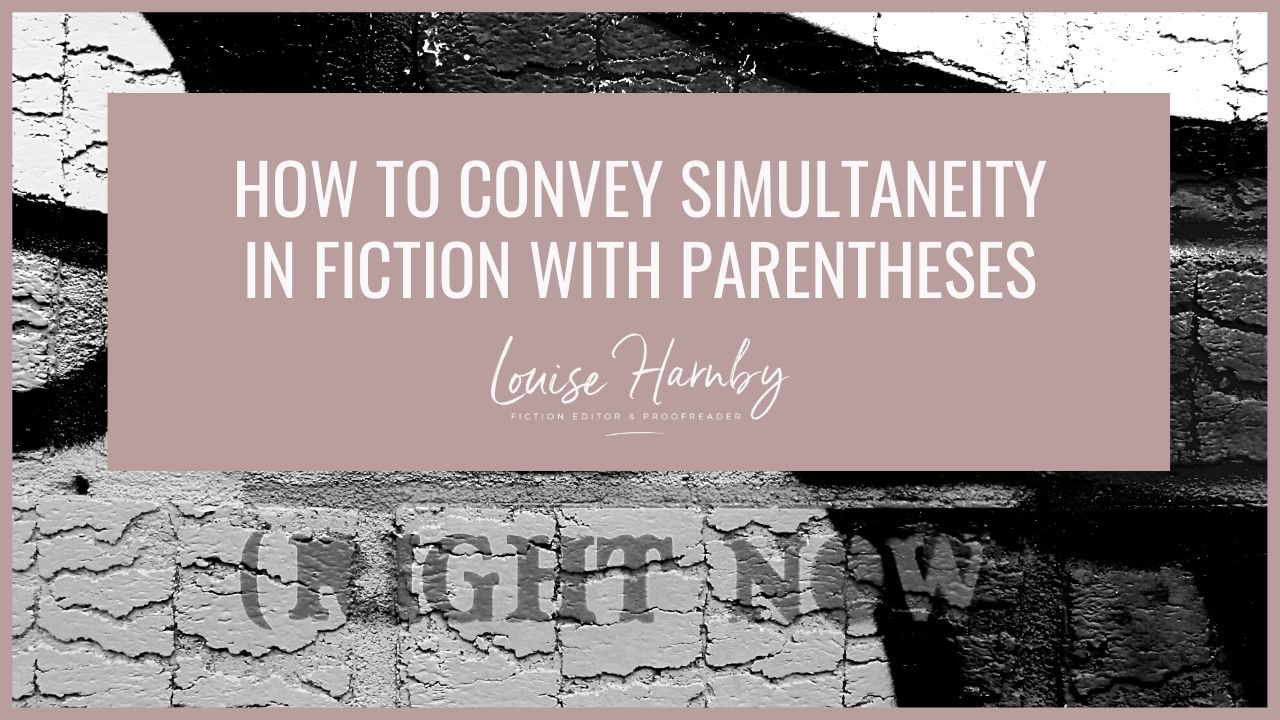
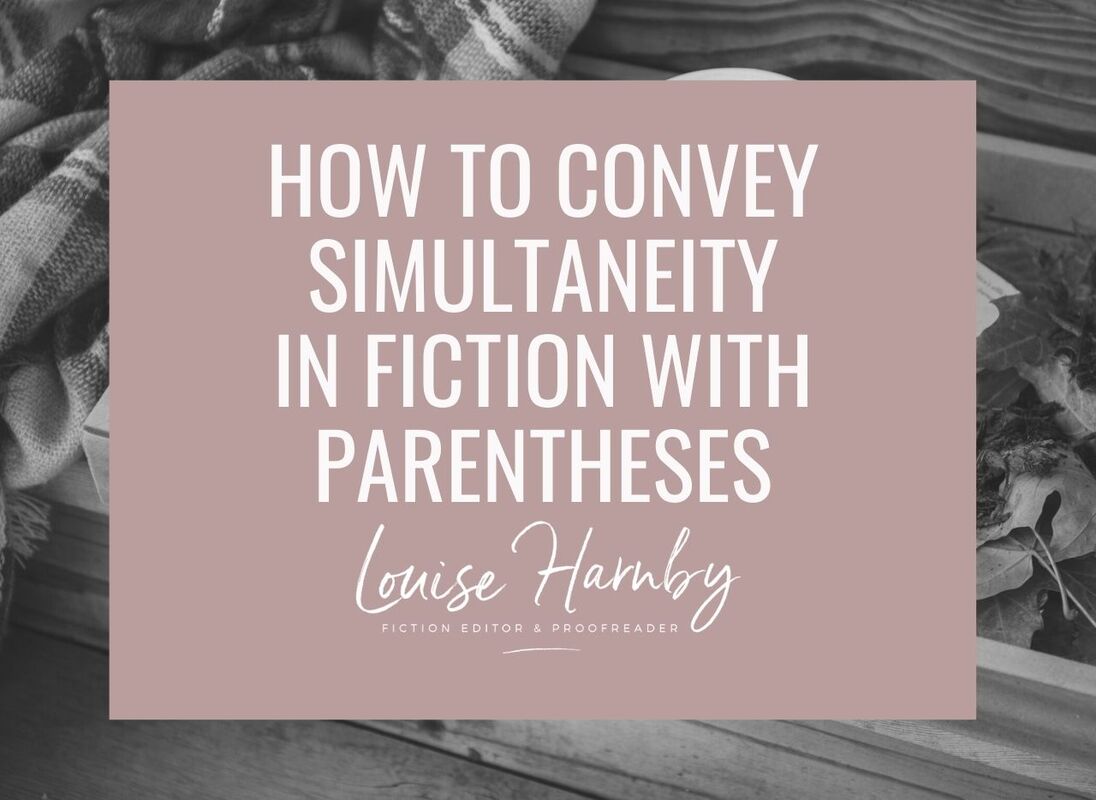
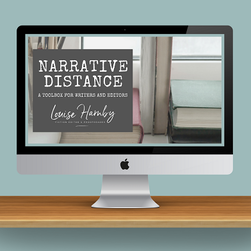
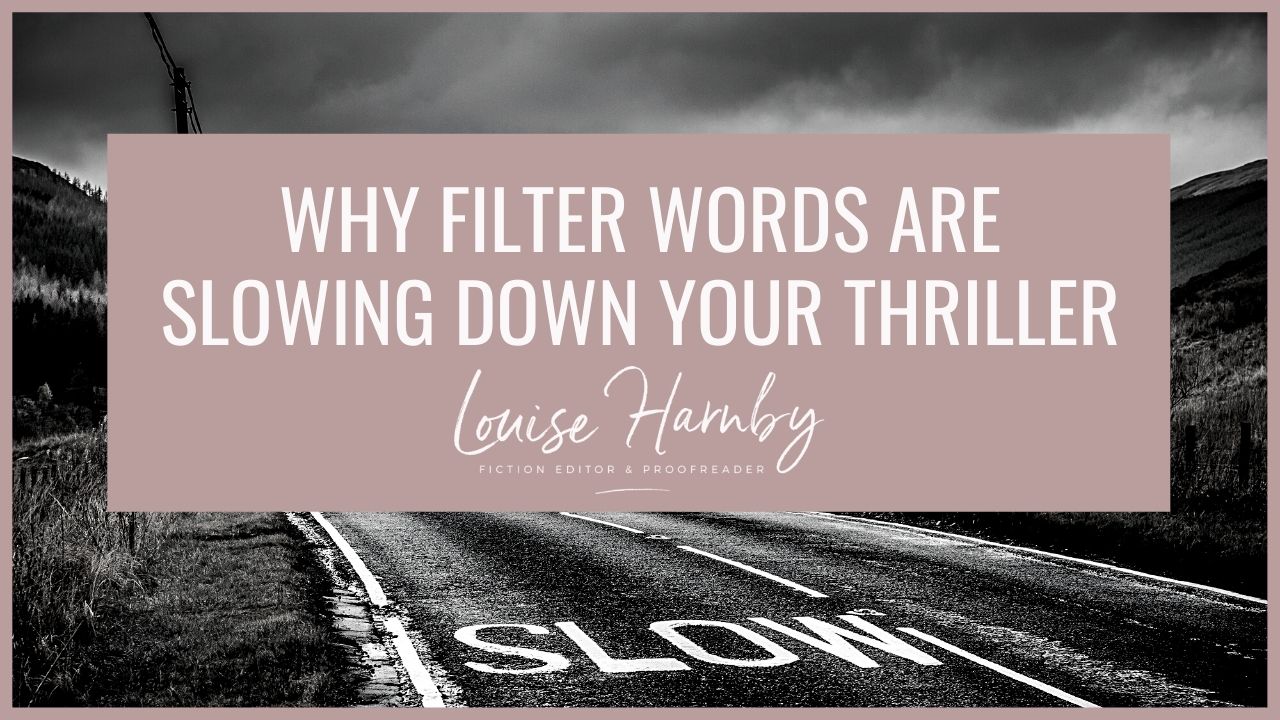
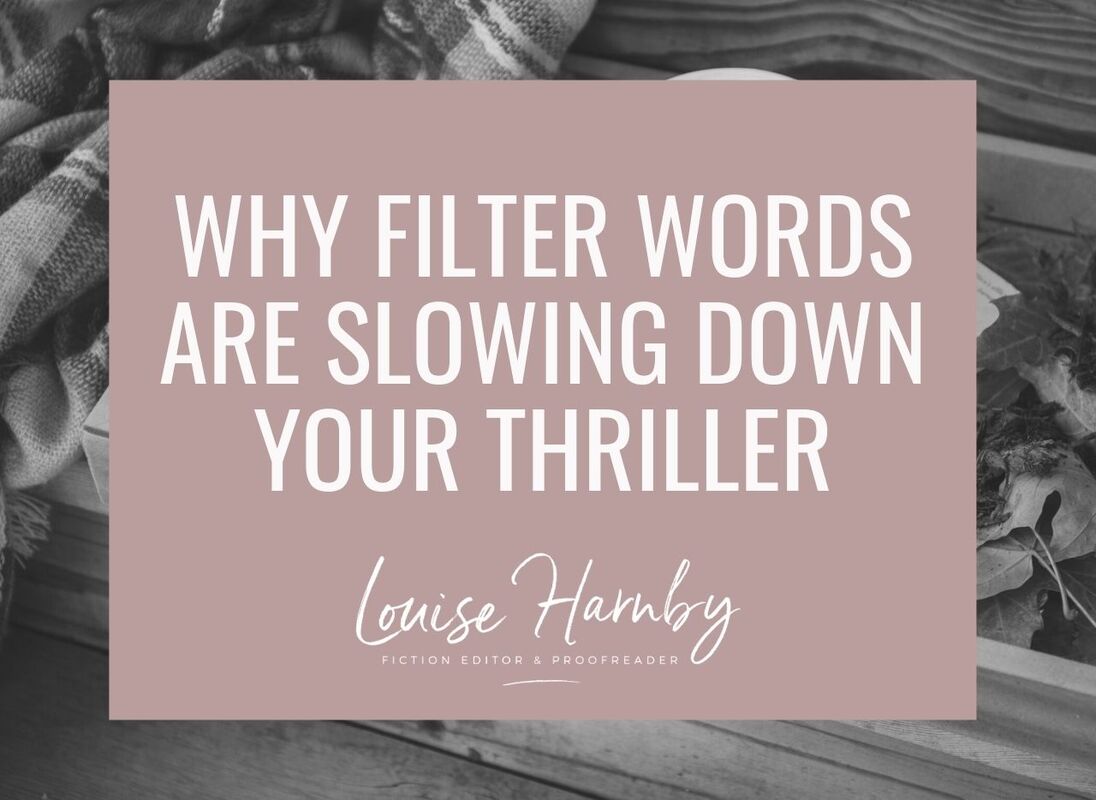
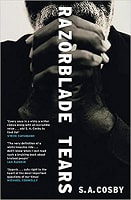
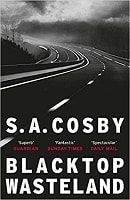
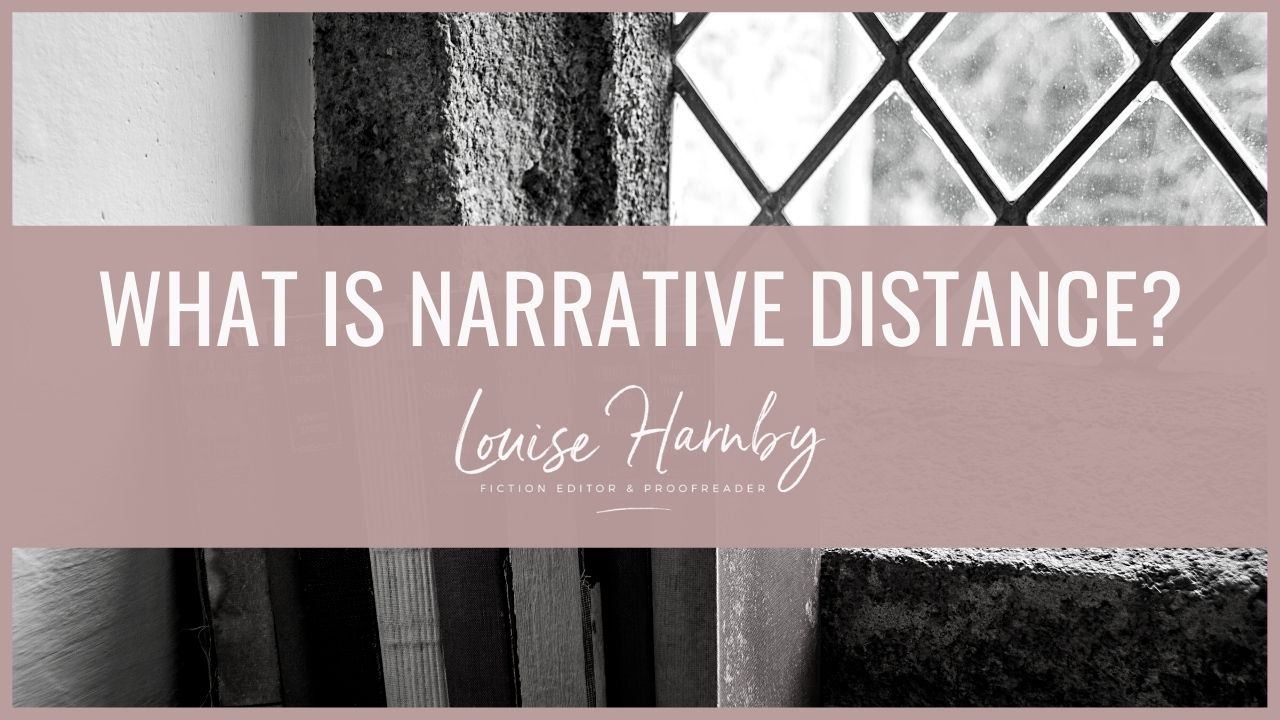
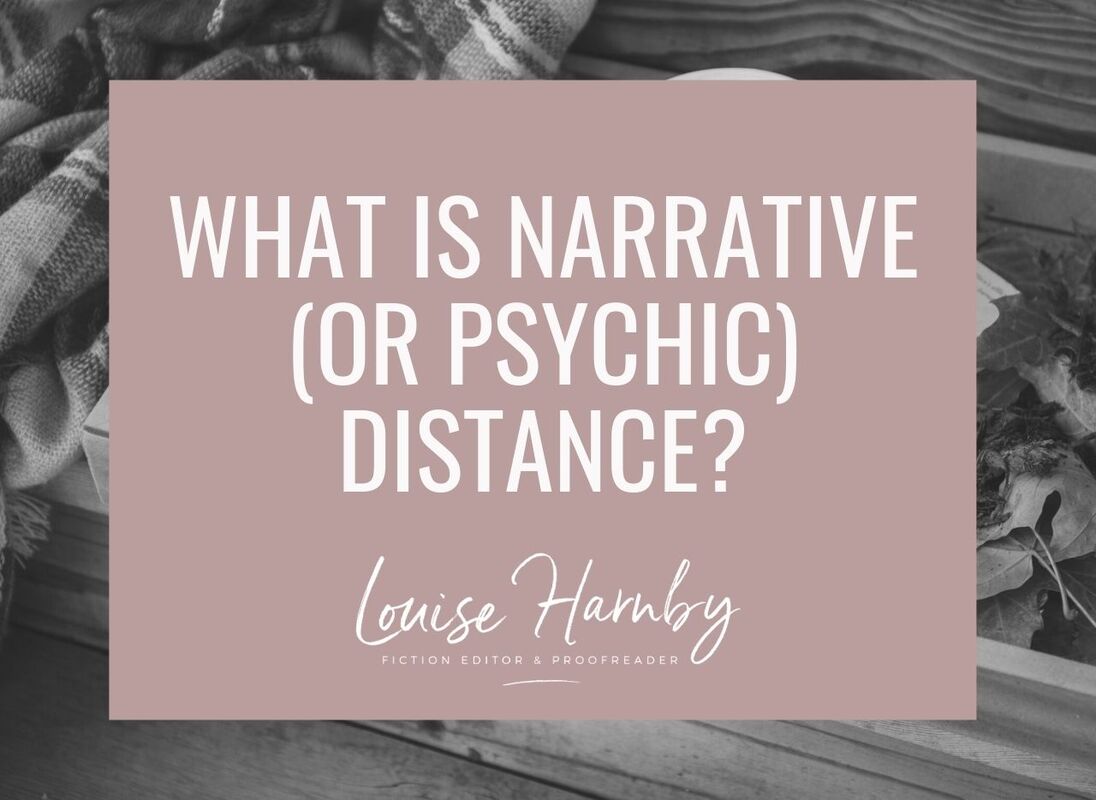
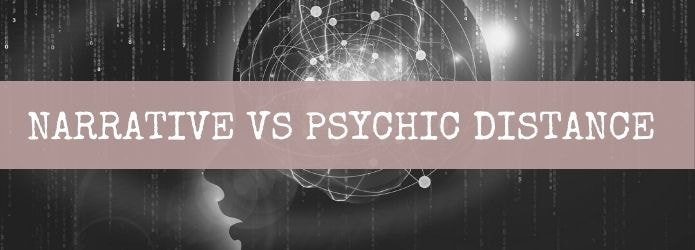



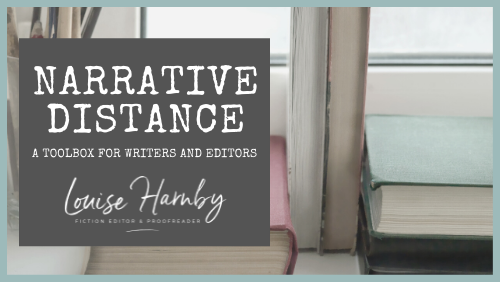
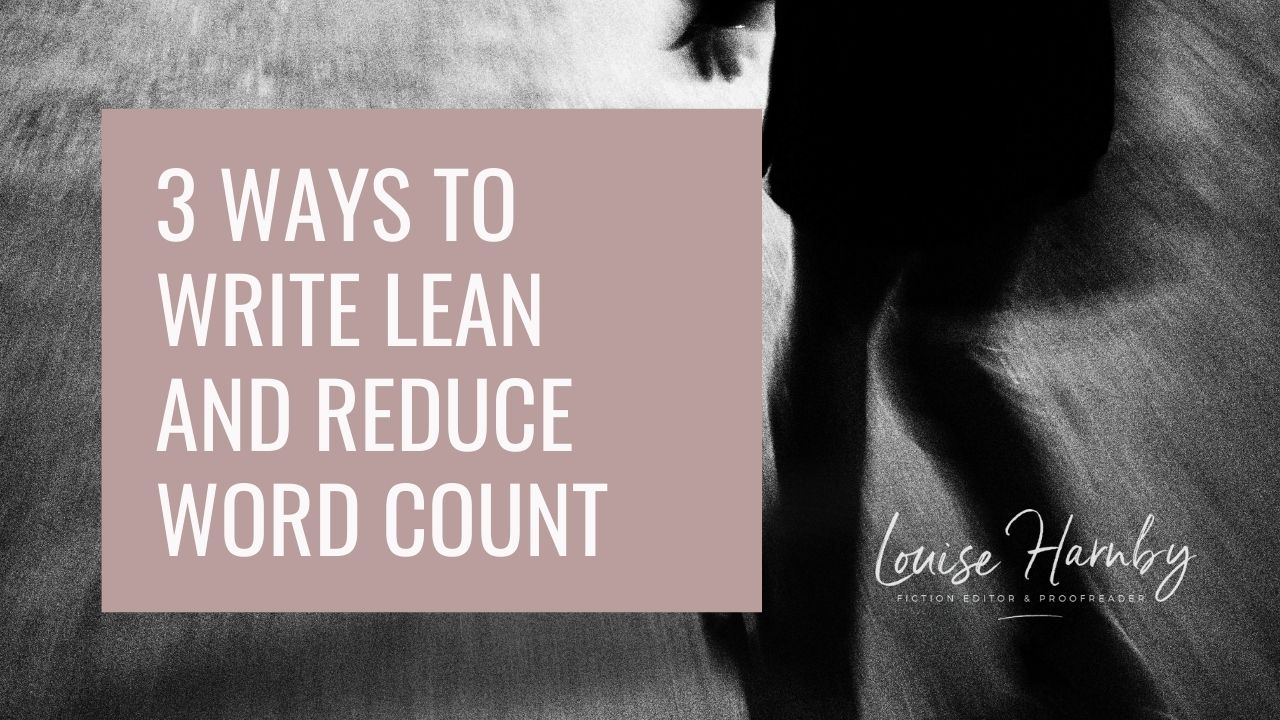

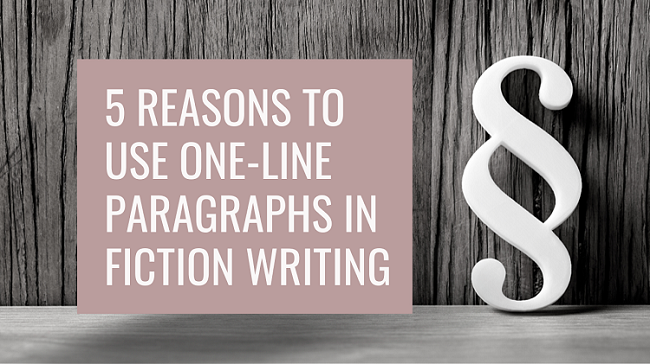
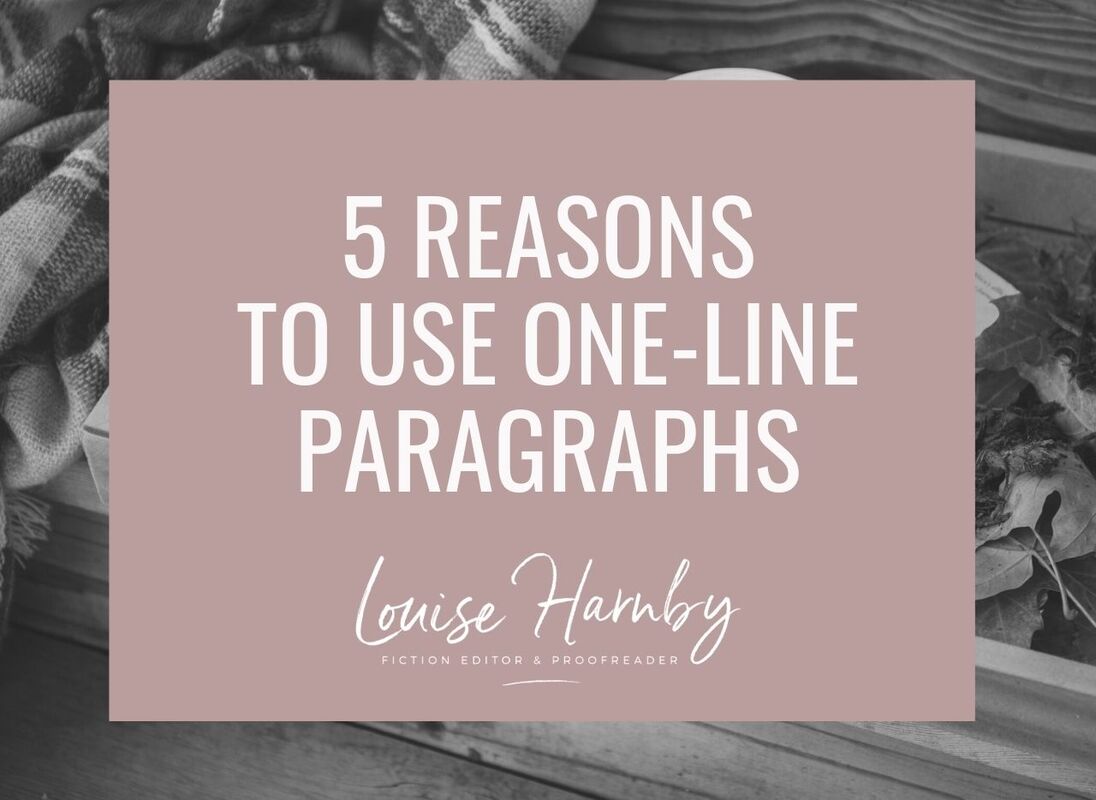
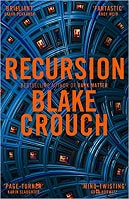

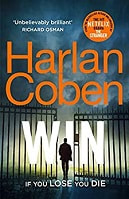
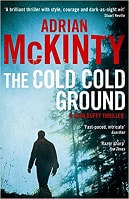

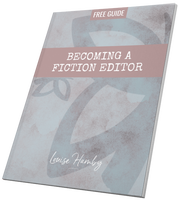
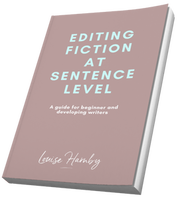
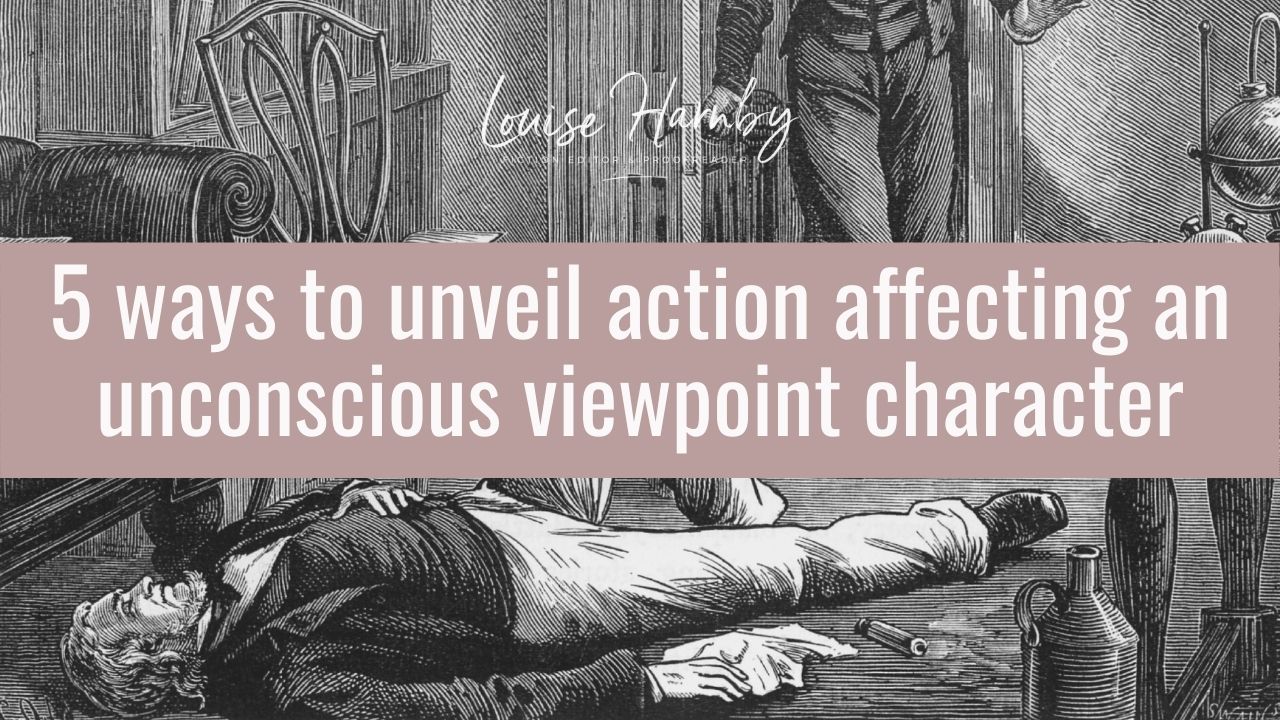
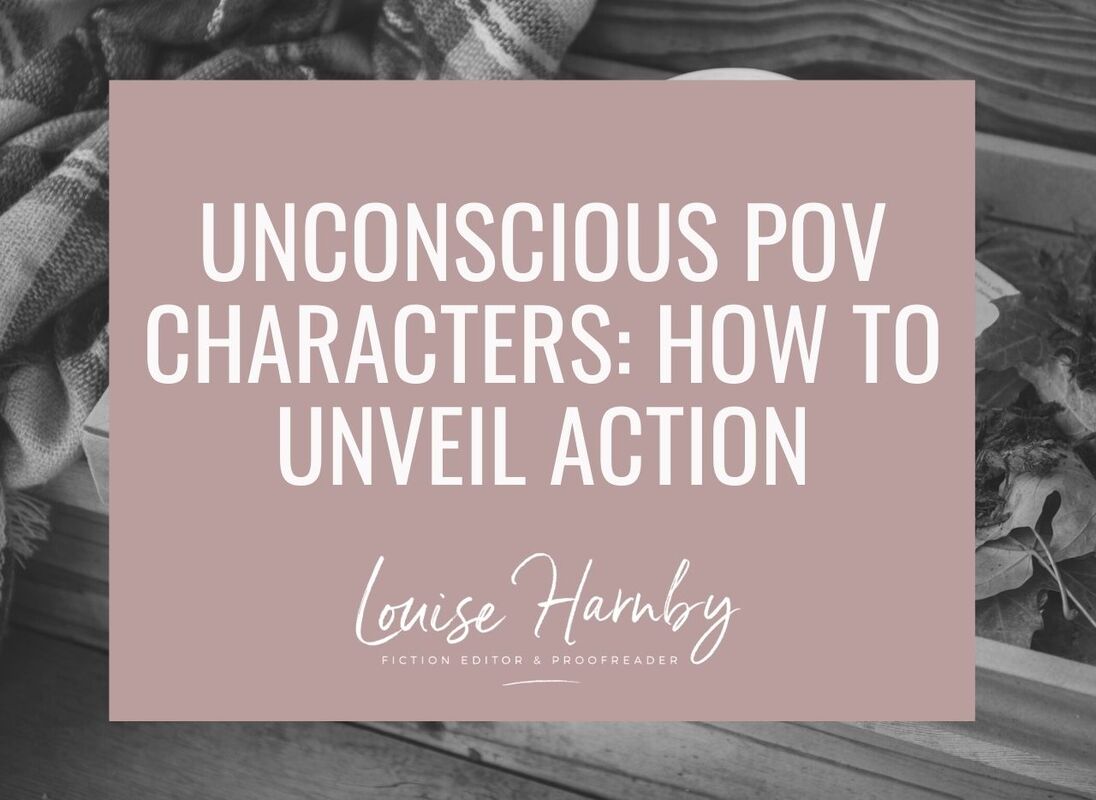



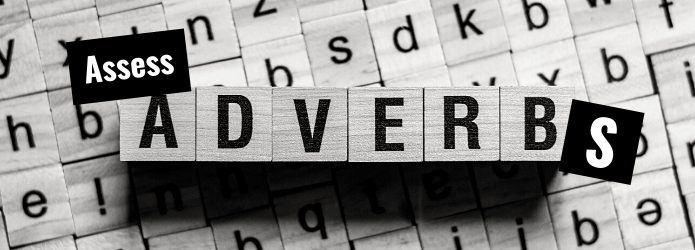
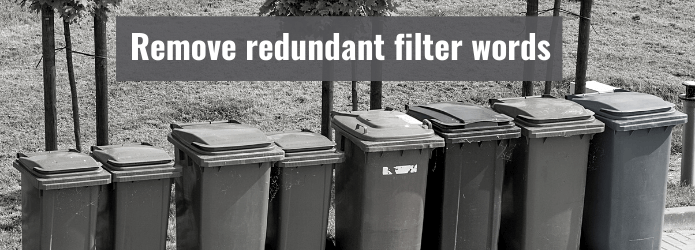
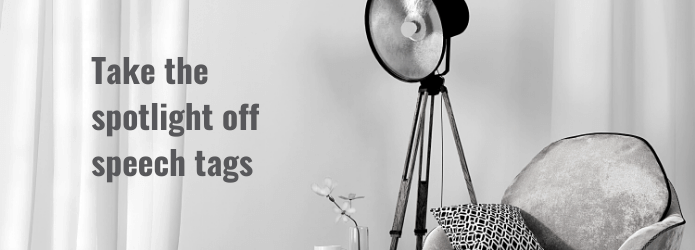

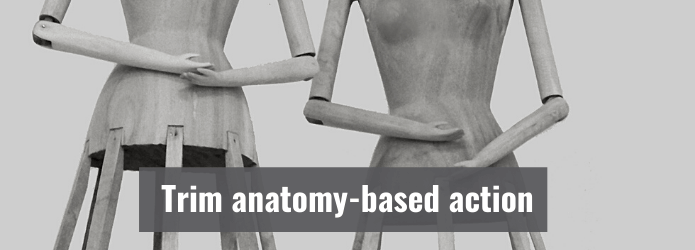
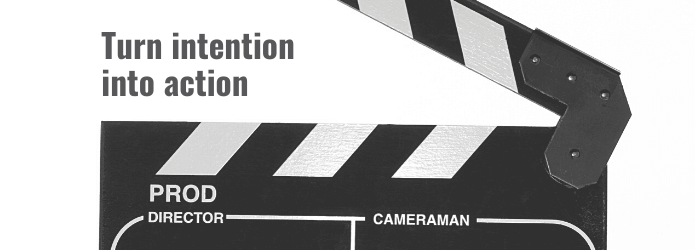
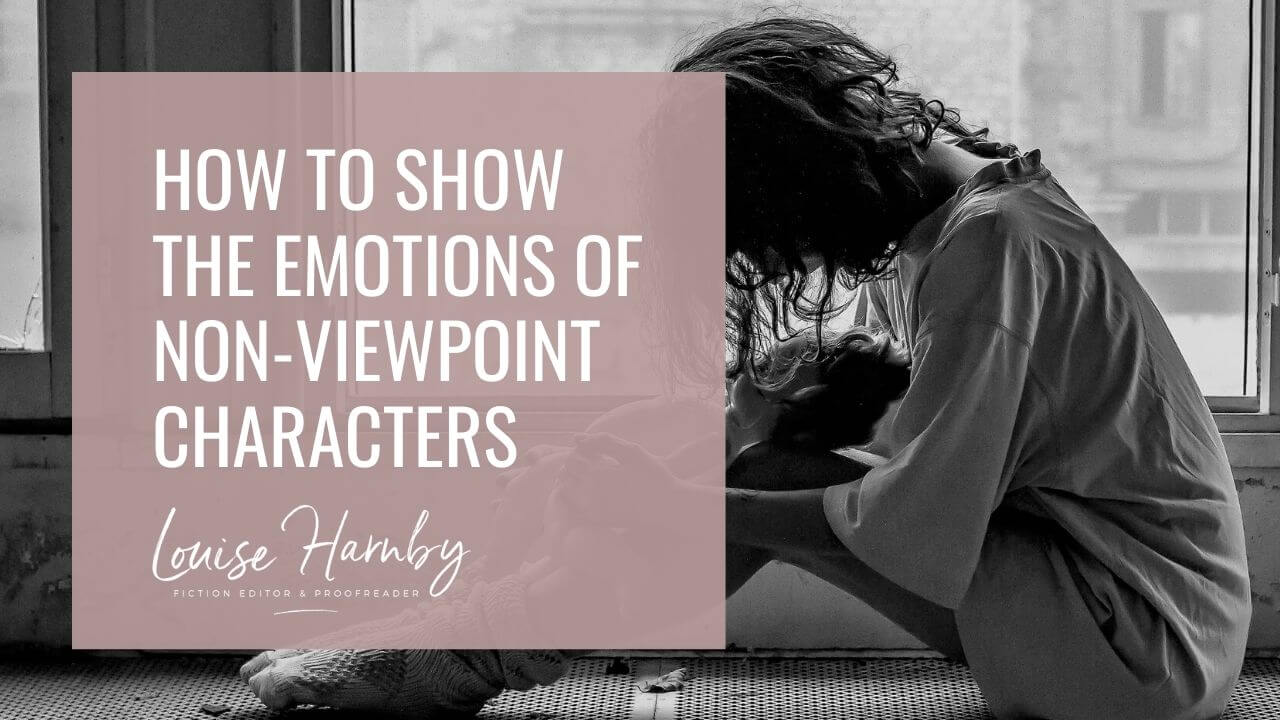
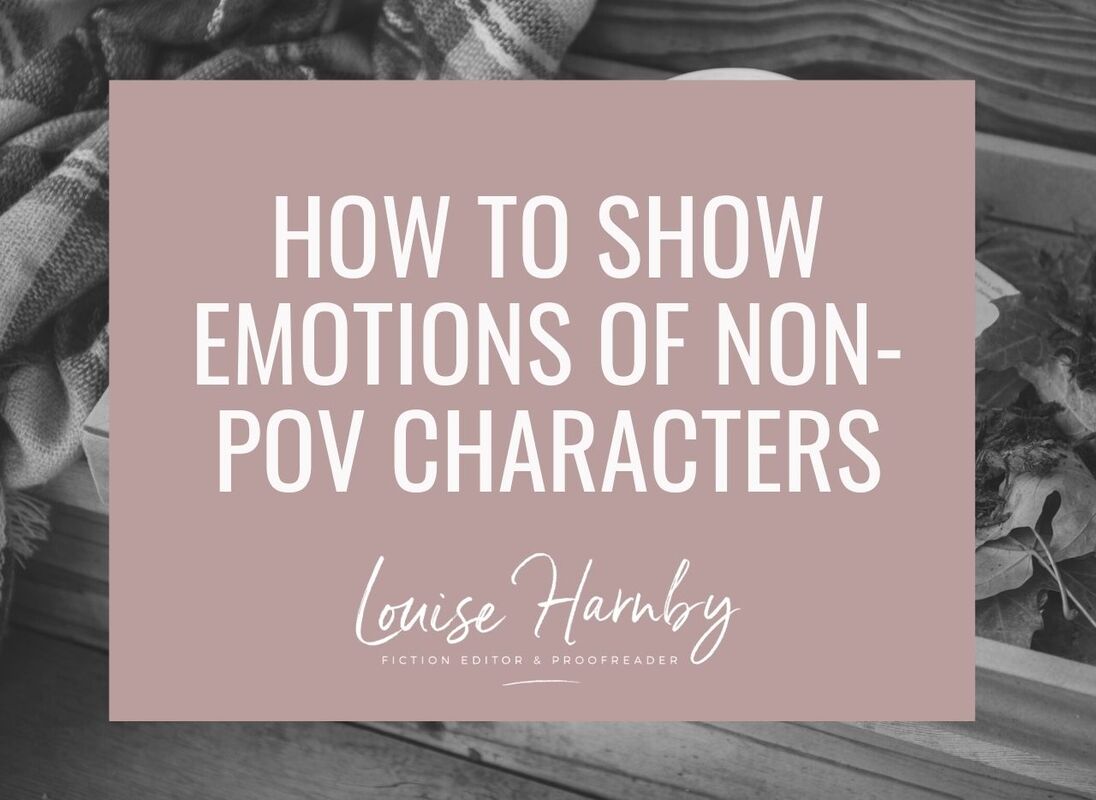
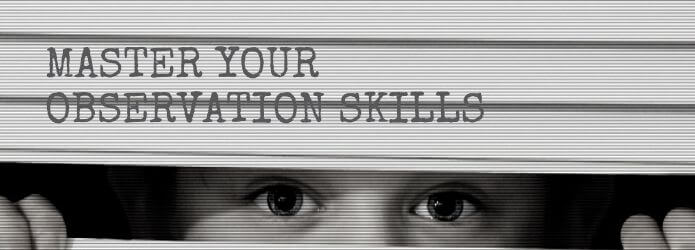
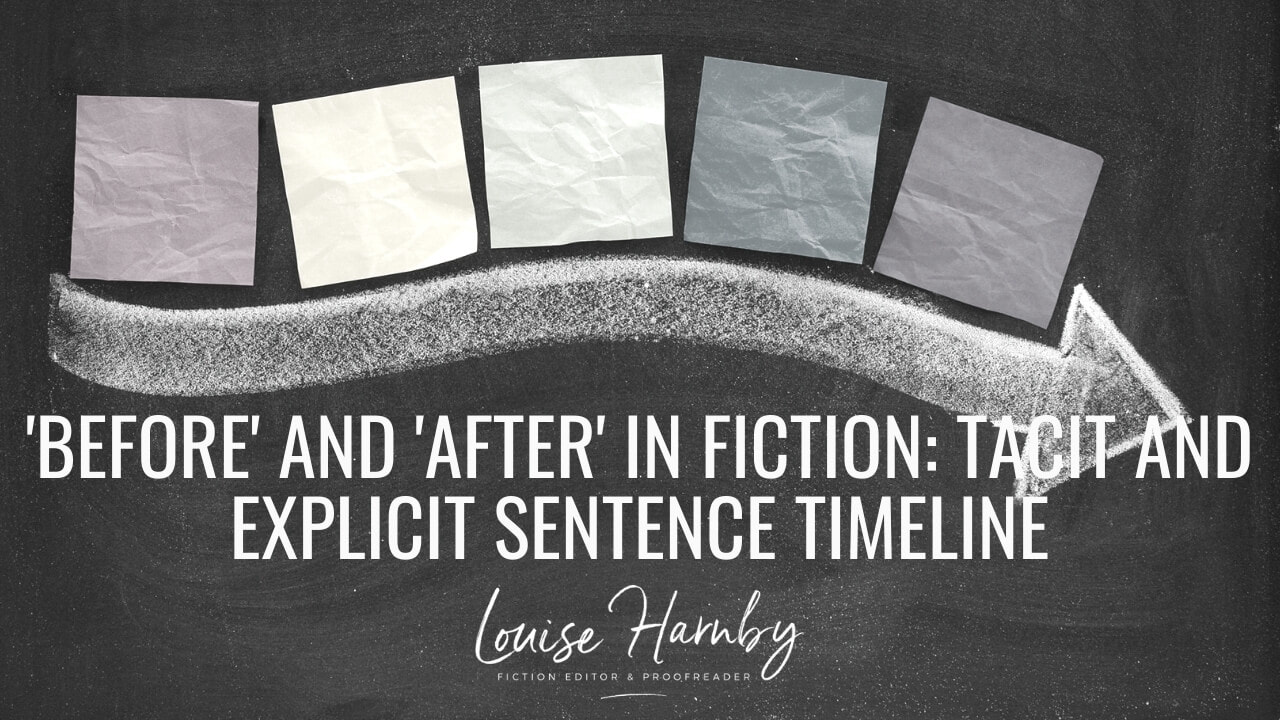
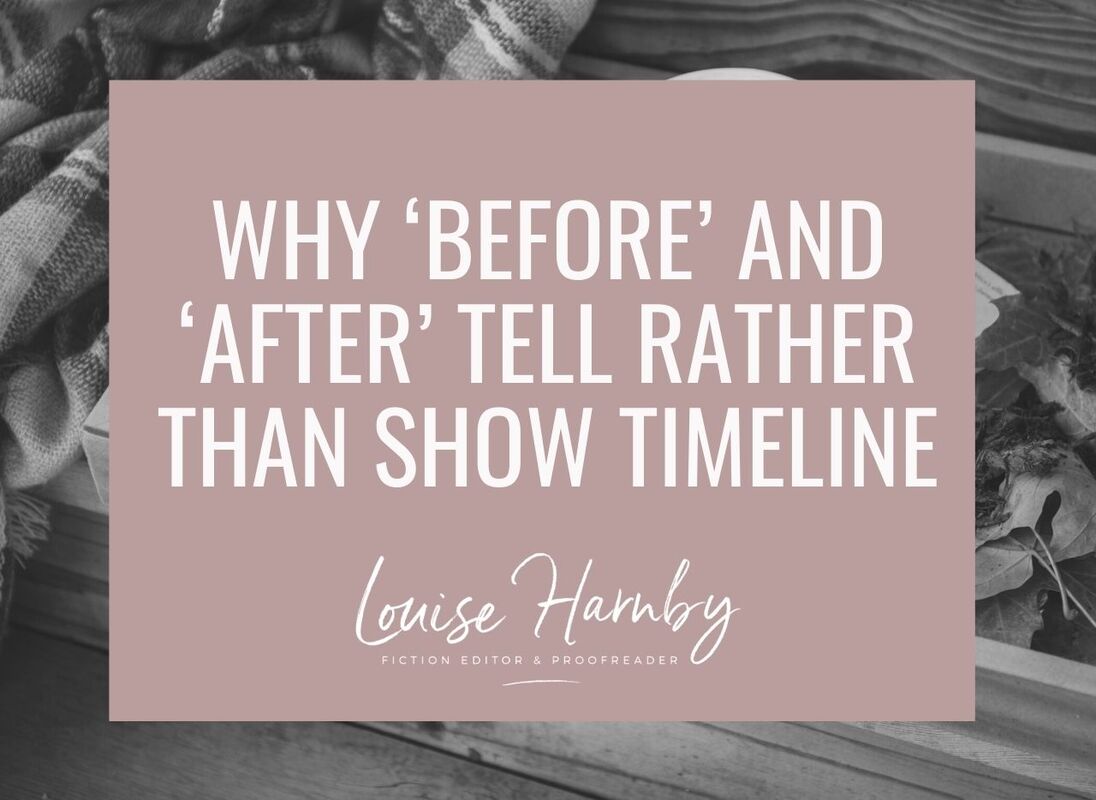

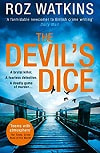

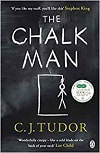

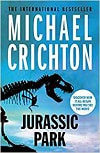

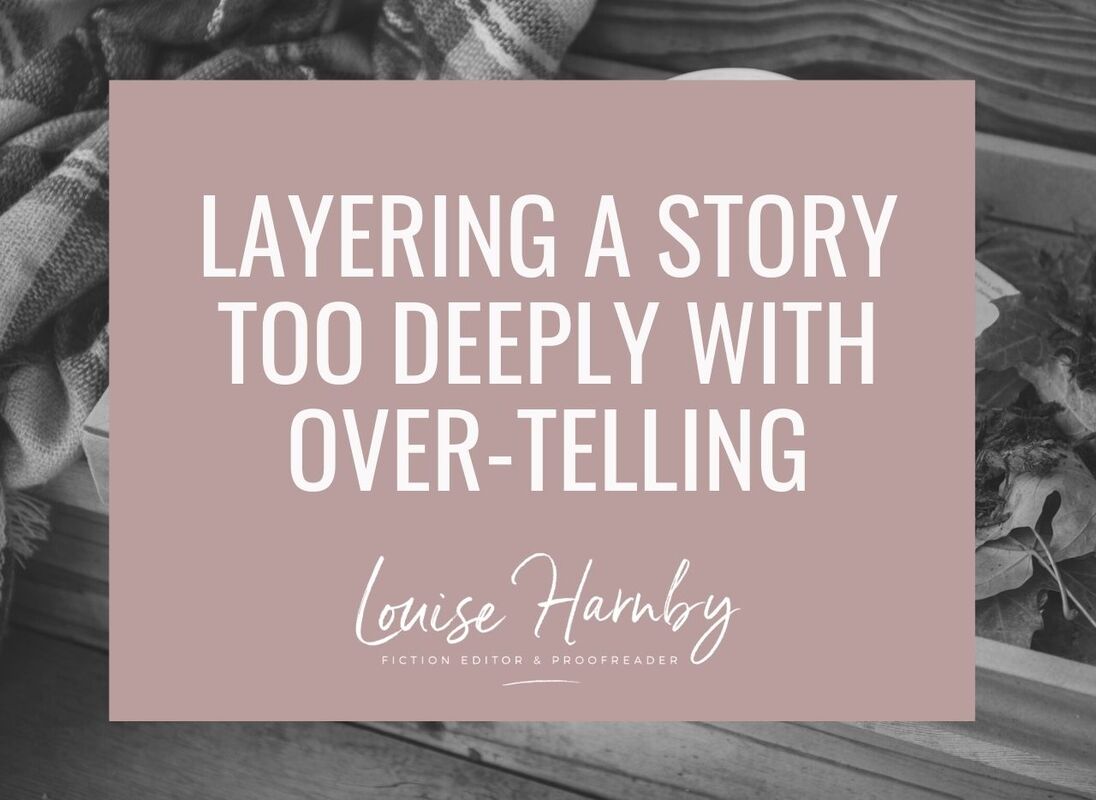
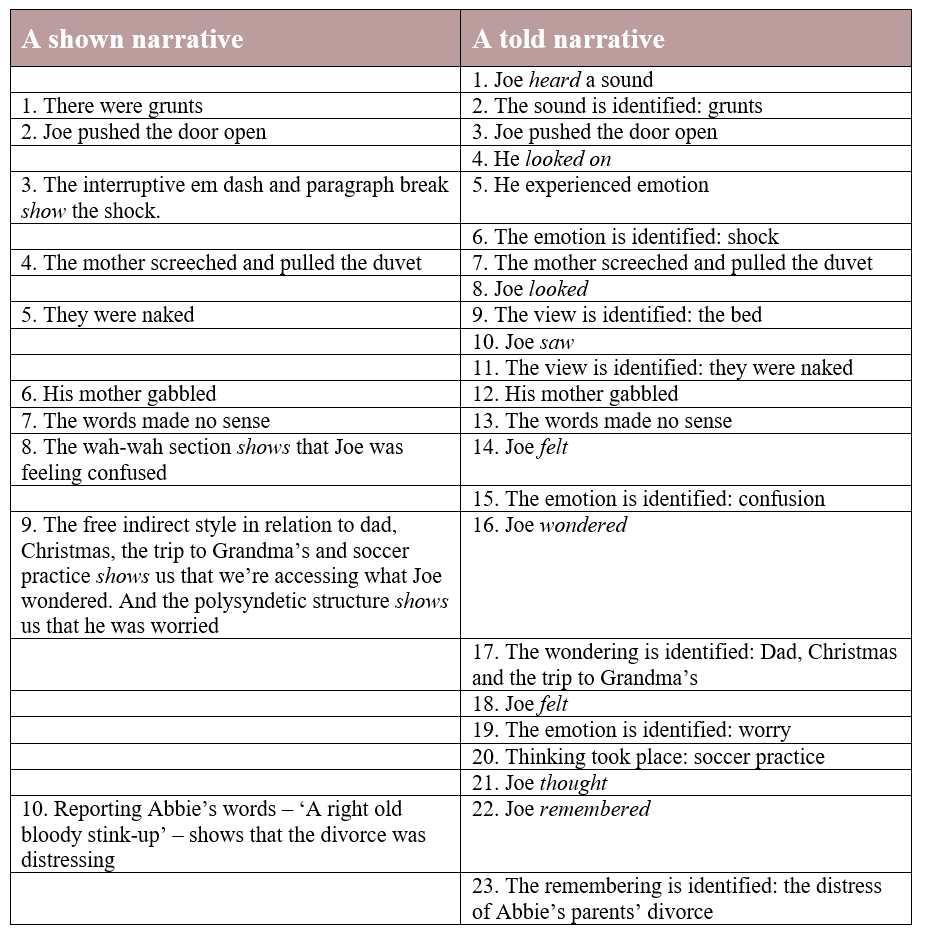
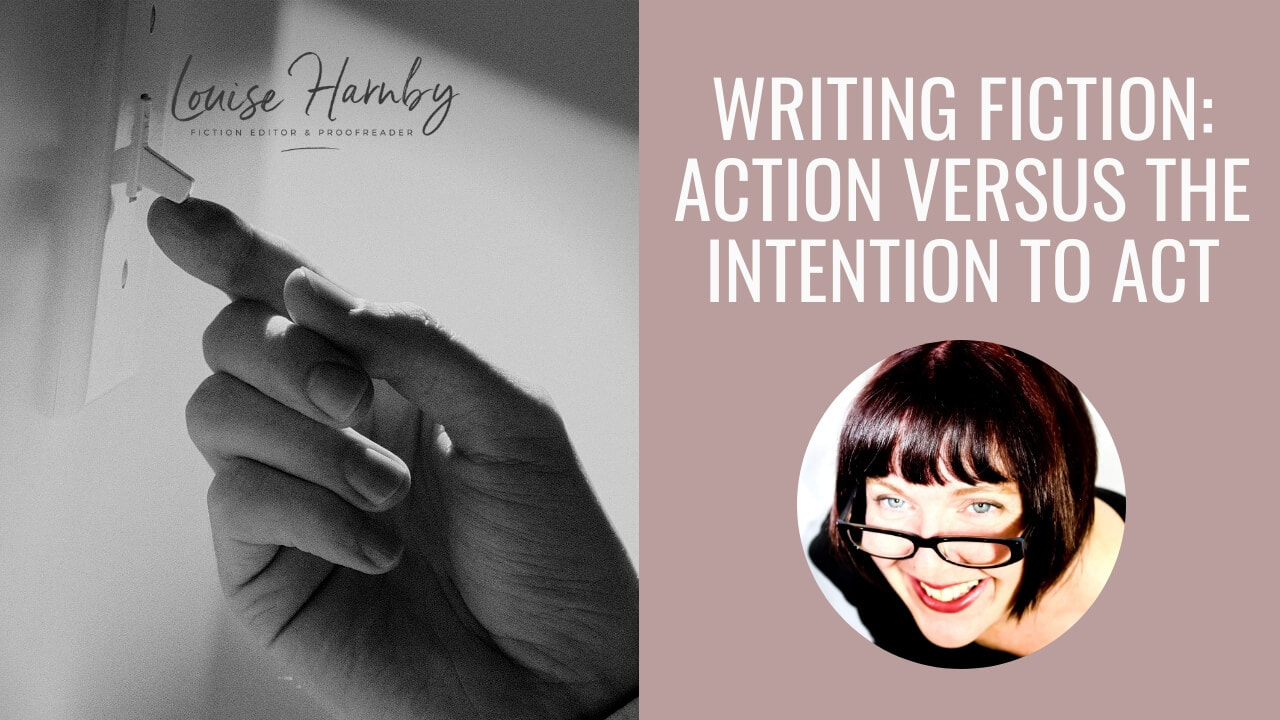



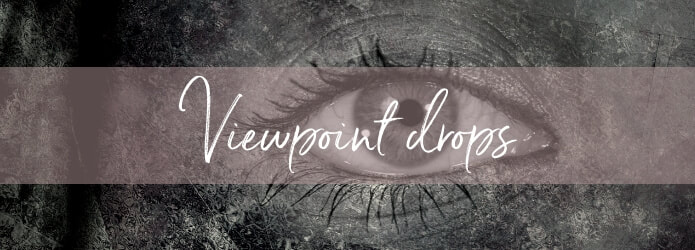



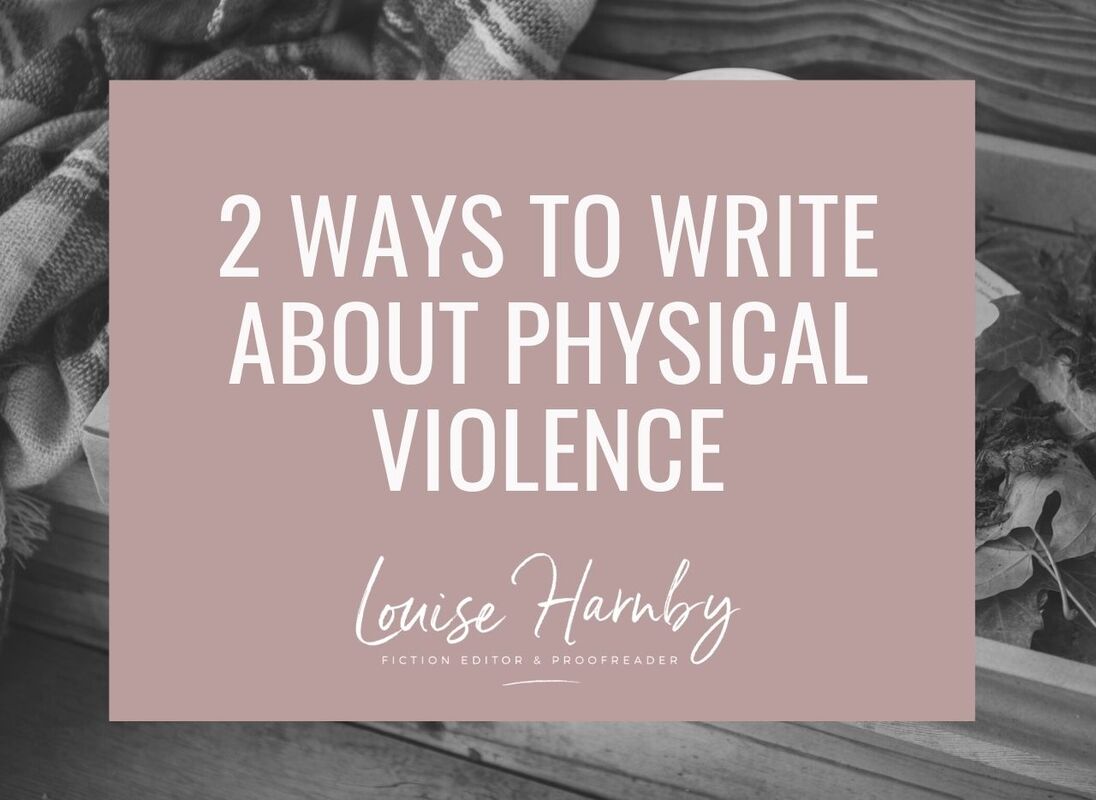
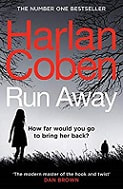
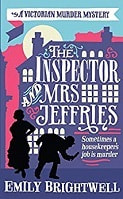
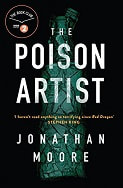
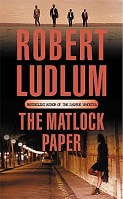
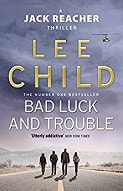


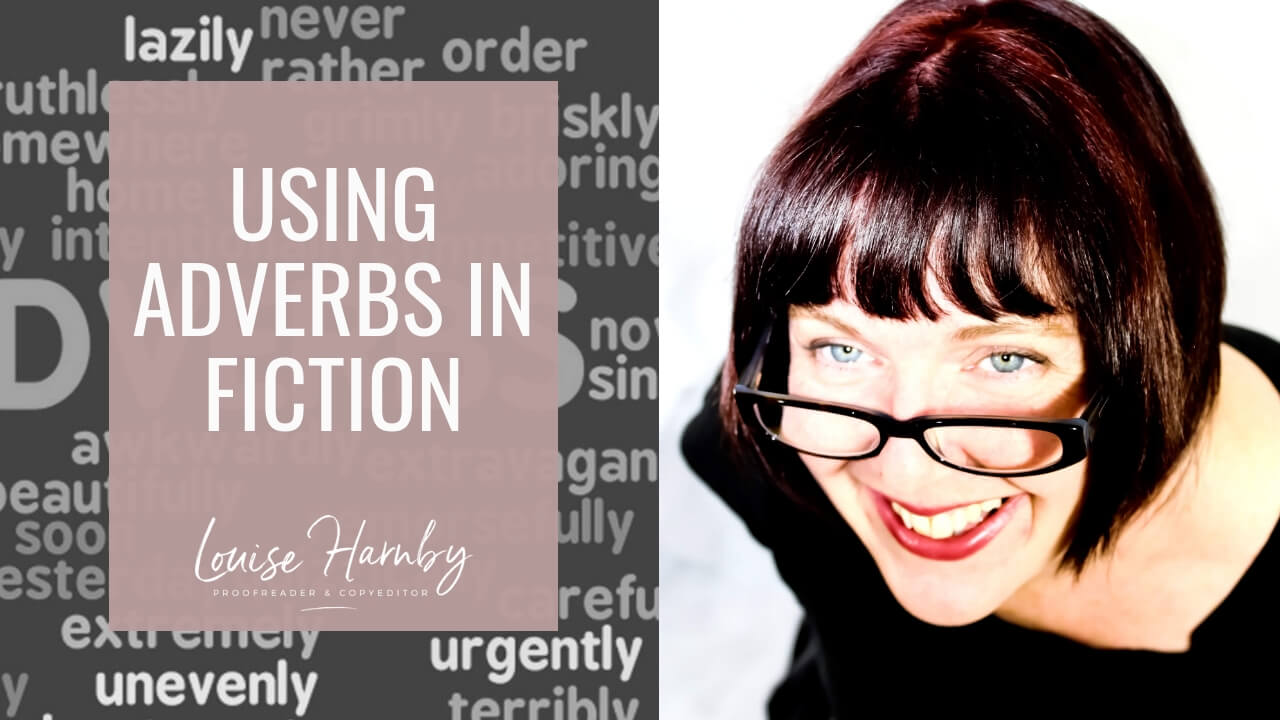
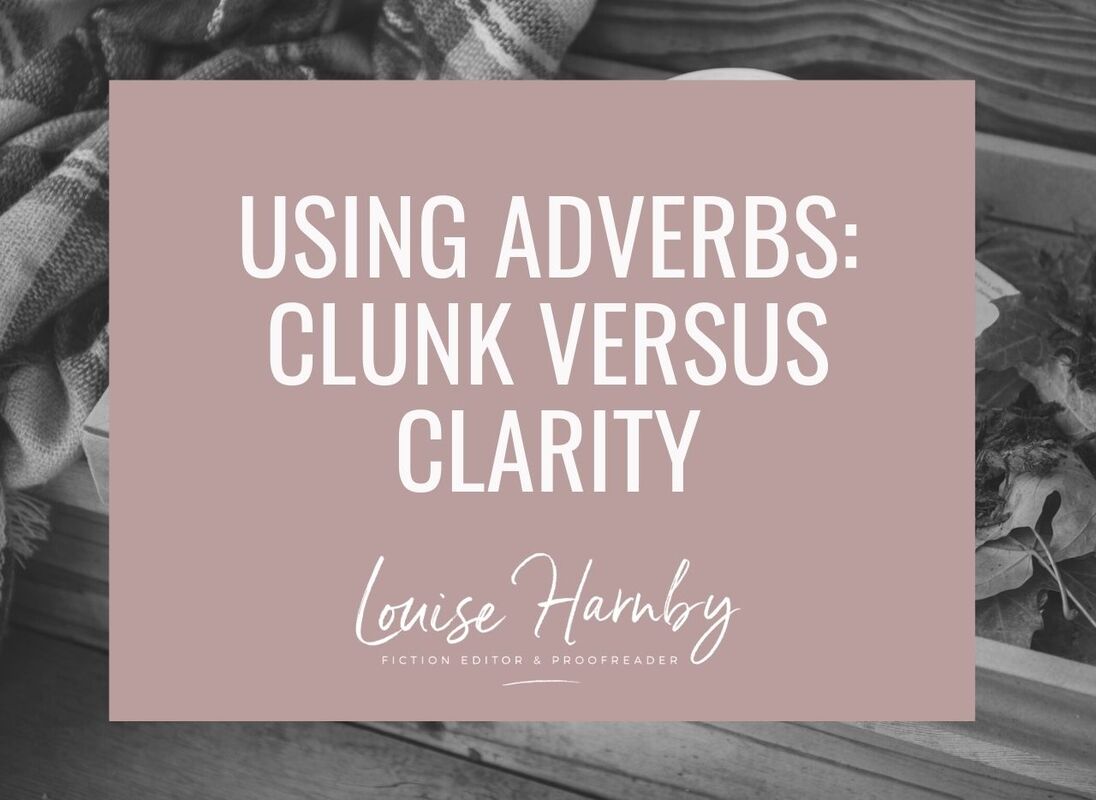


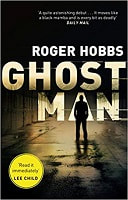
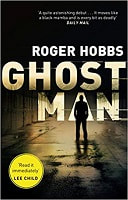
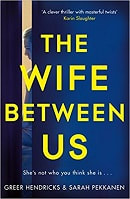
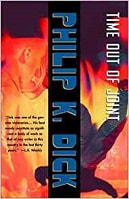
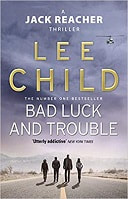
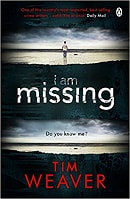


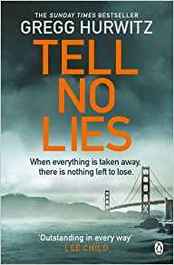




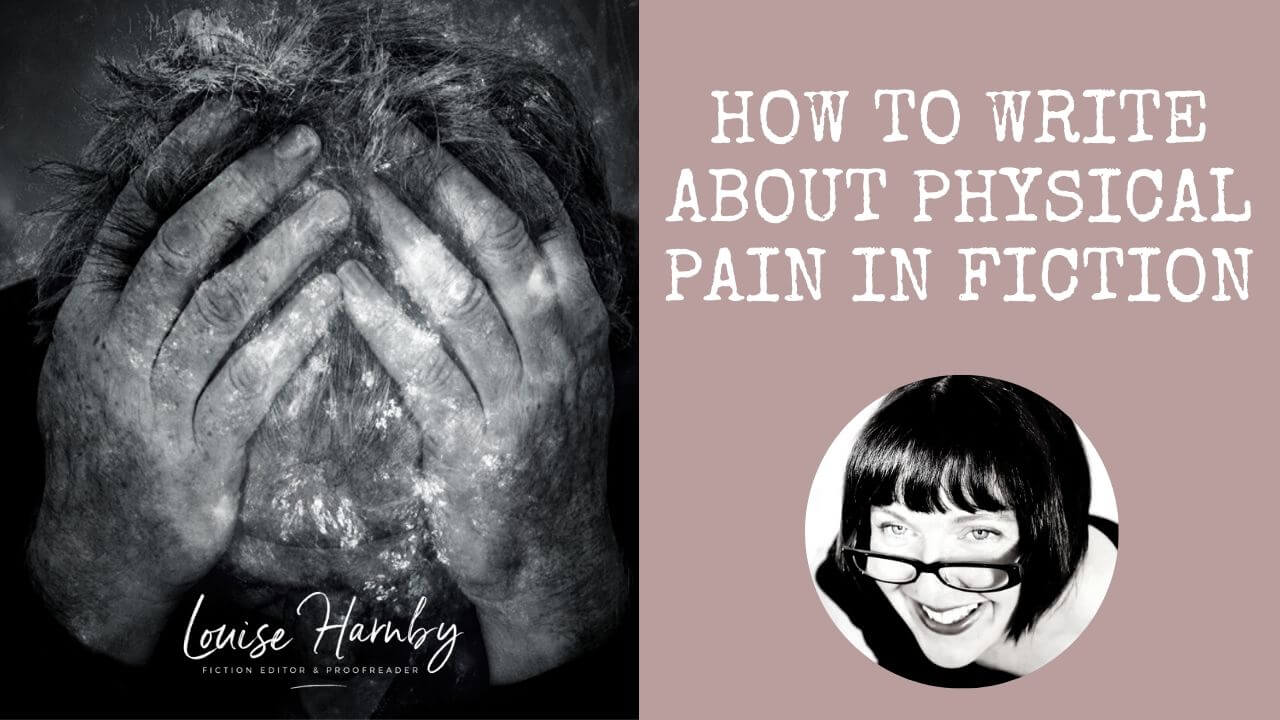
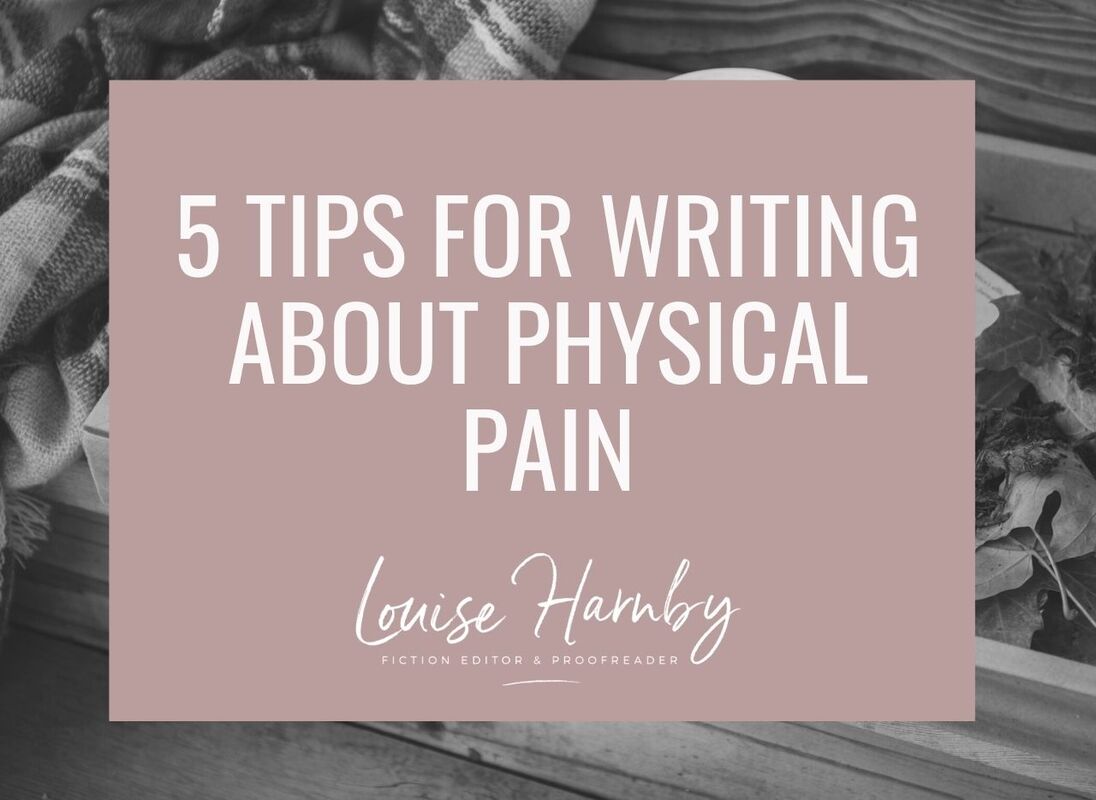
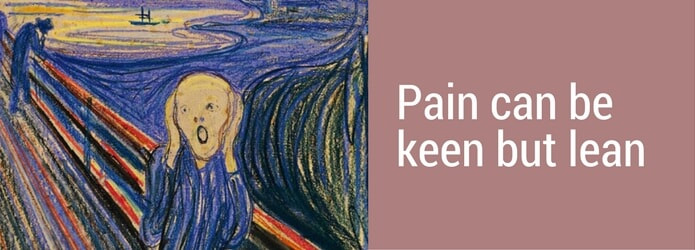
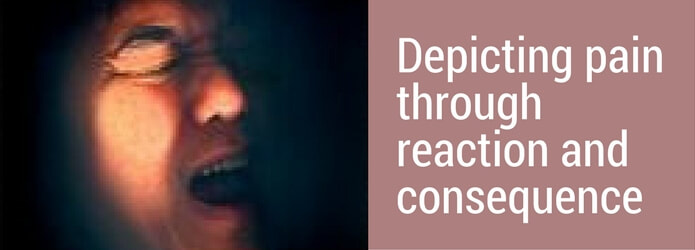


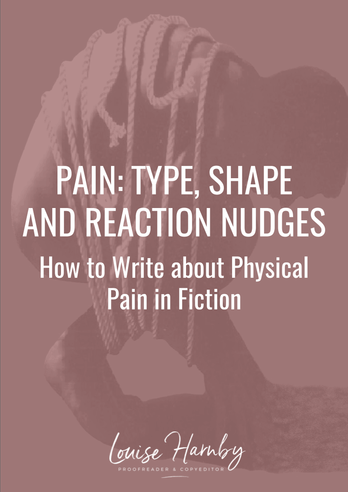













 RSS Feed
RSS Feed





